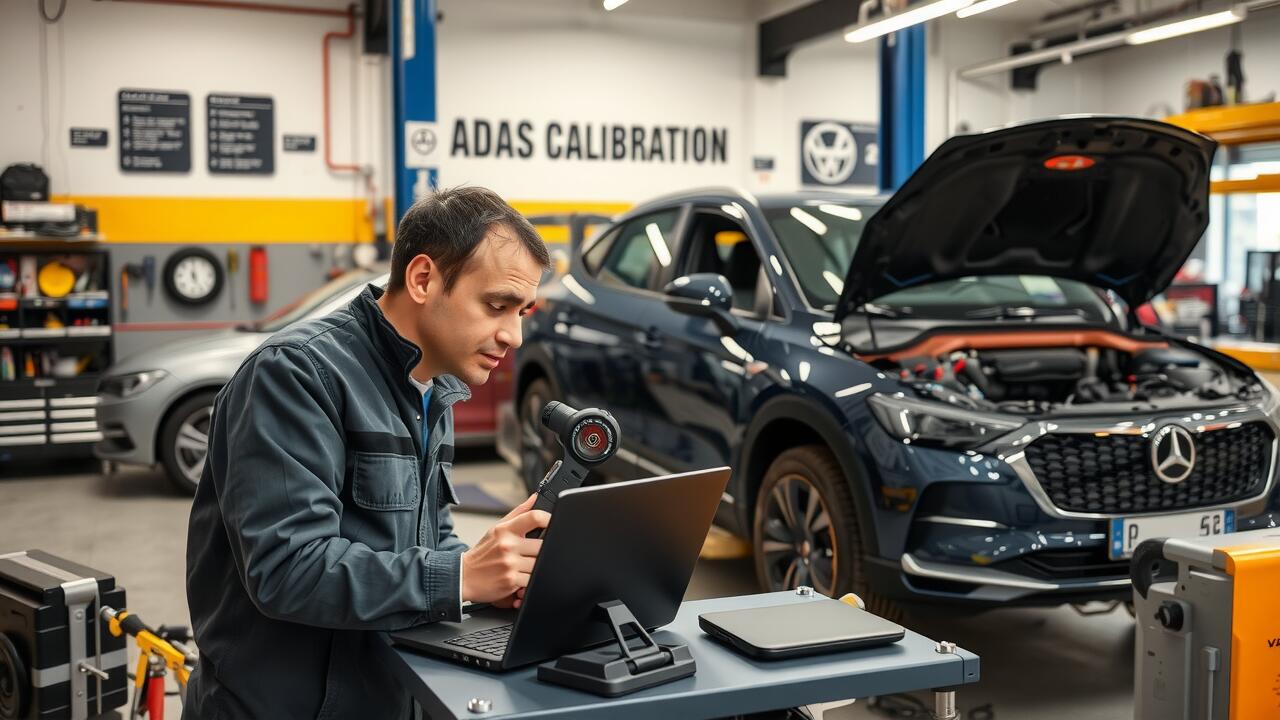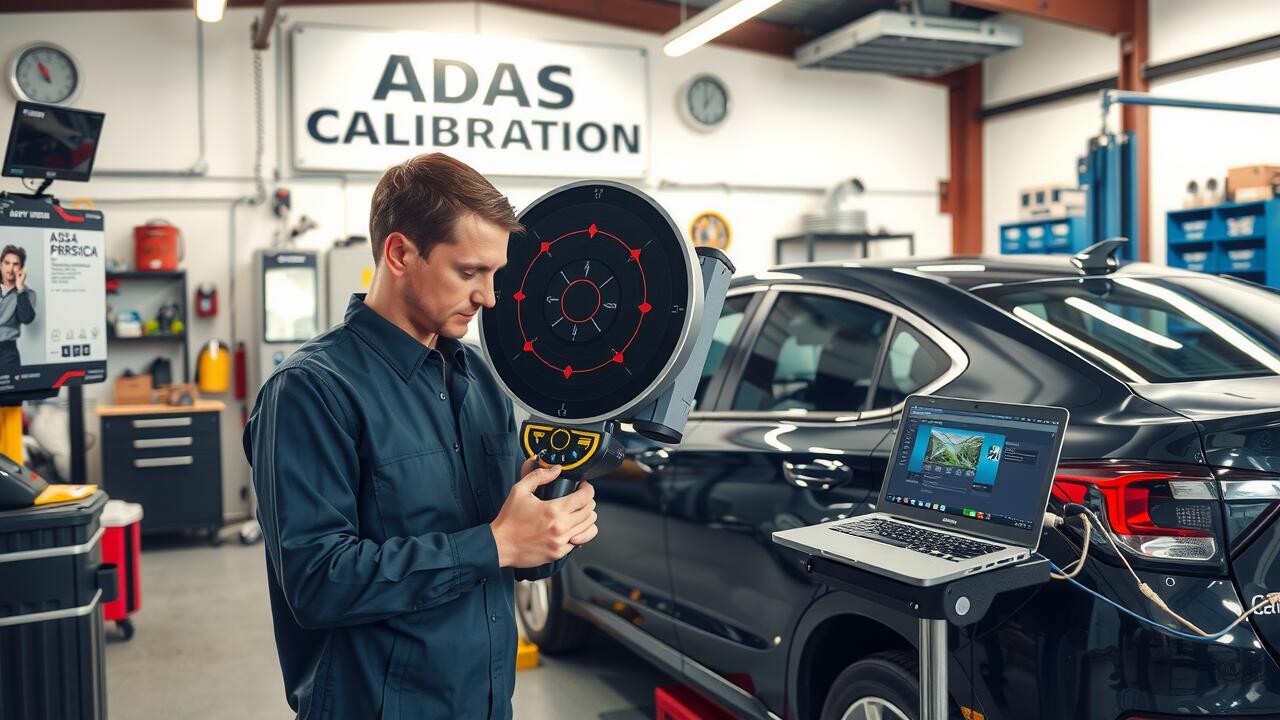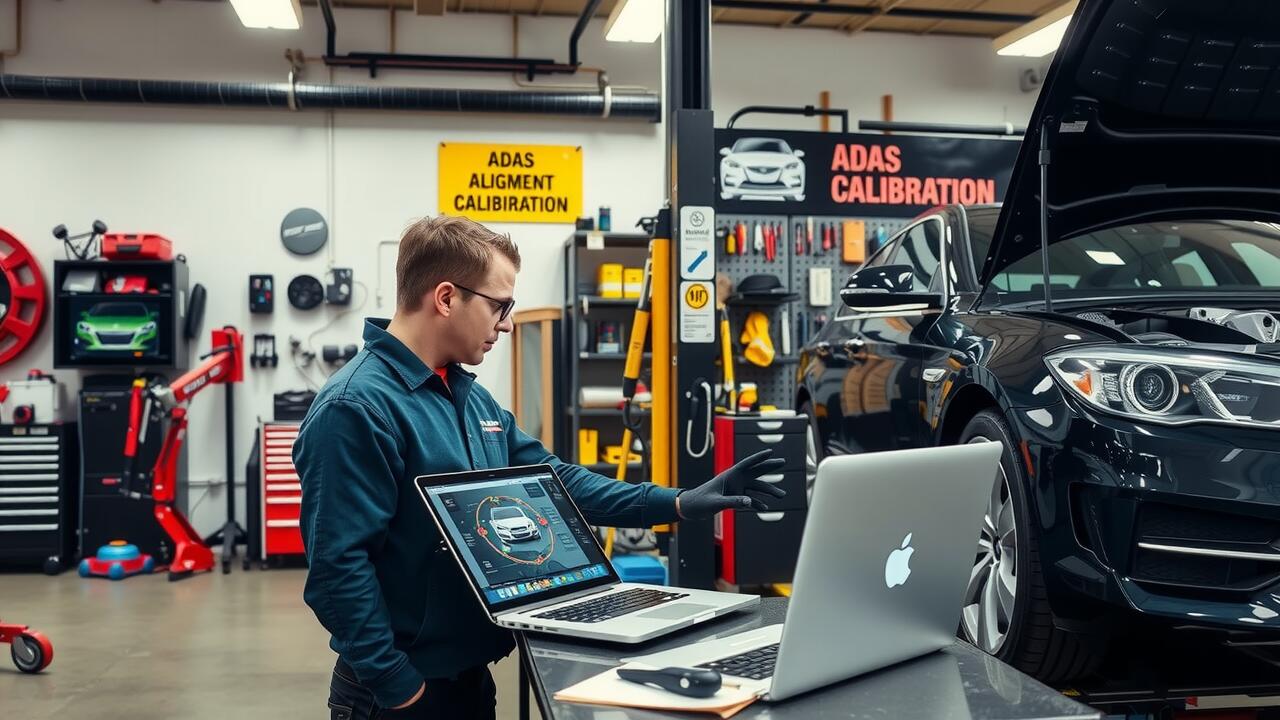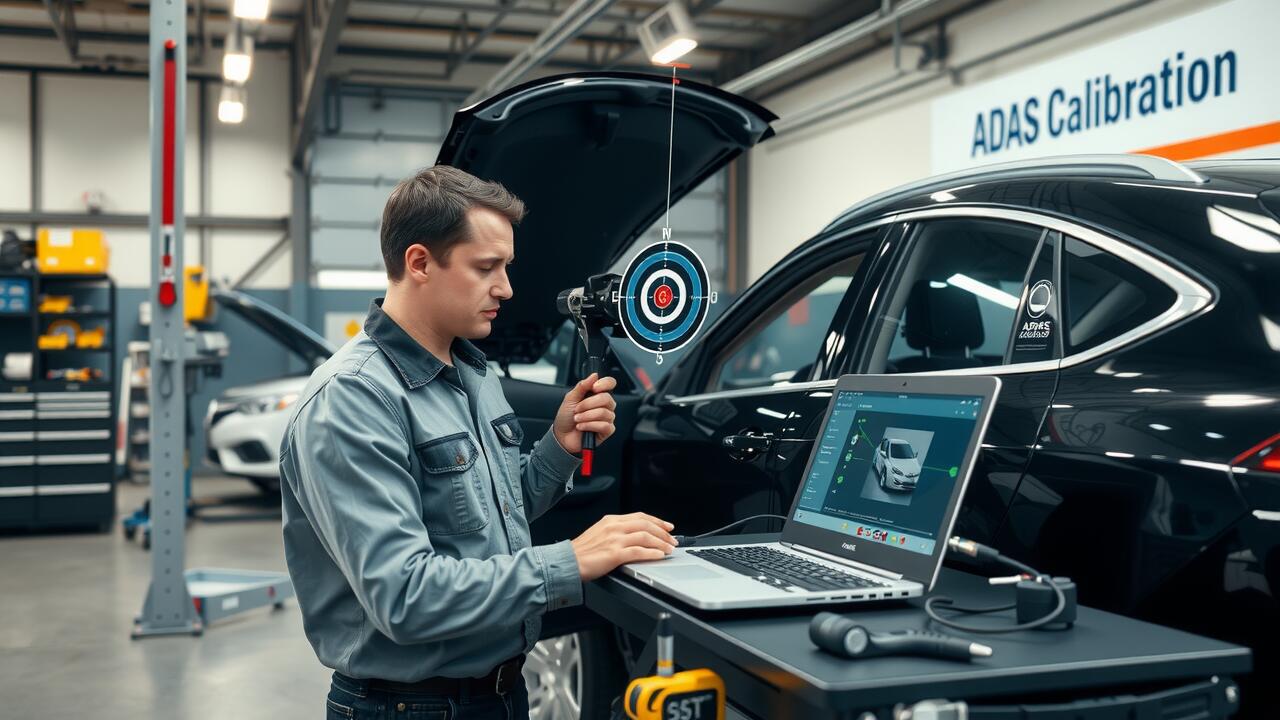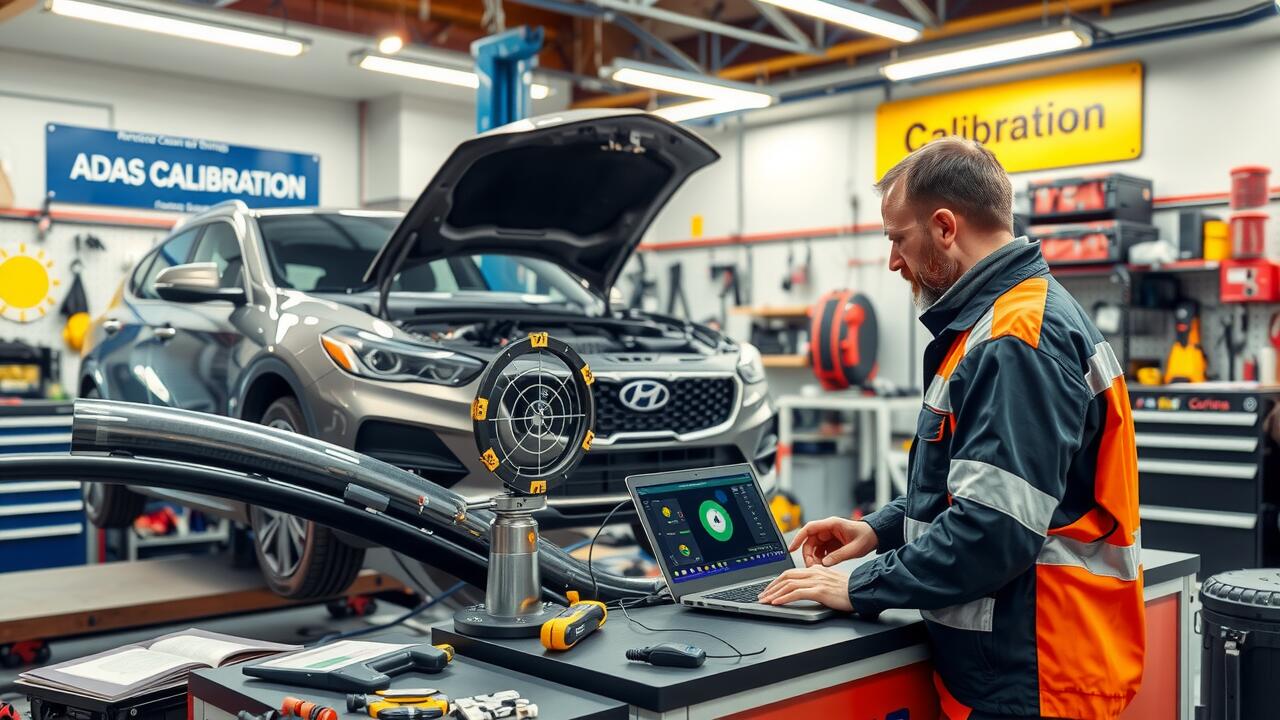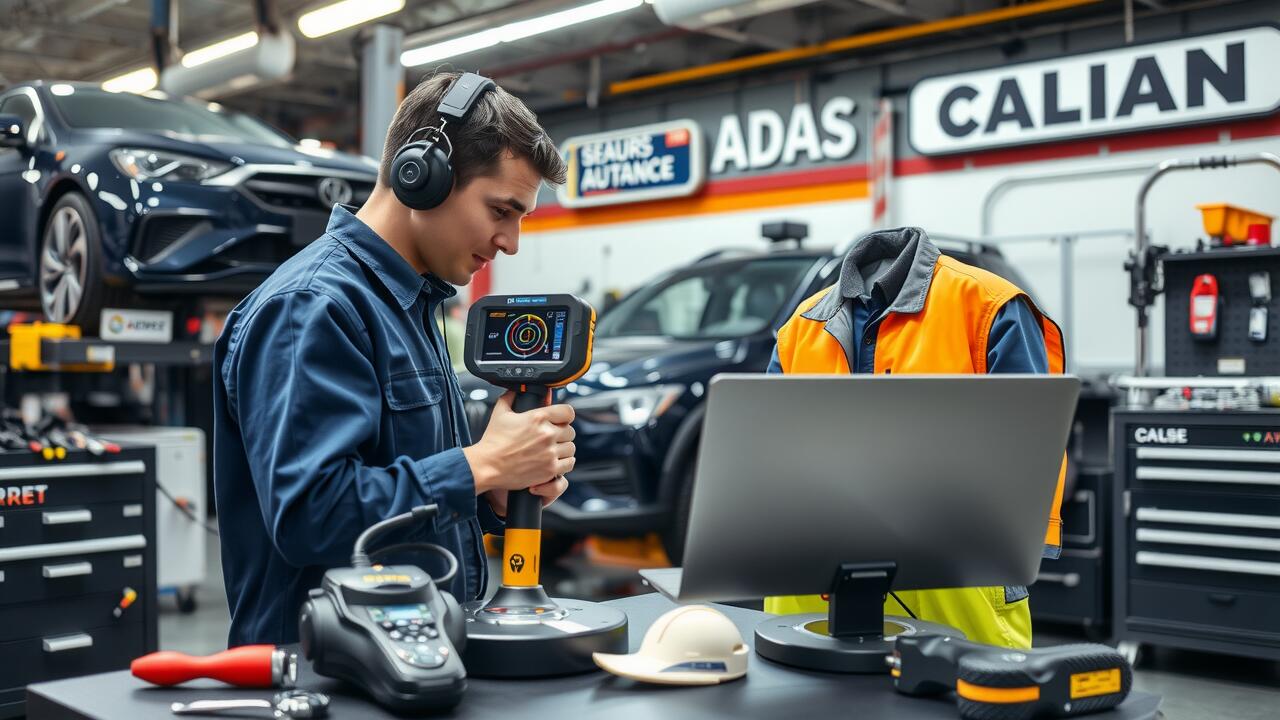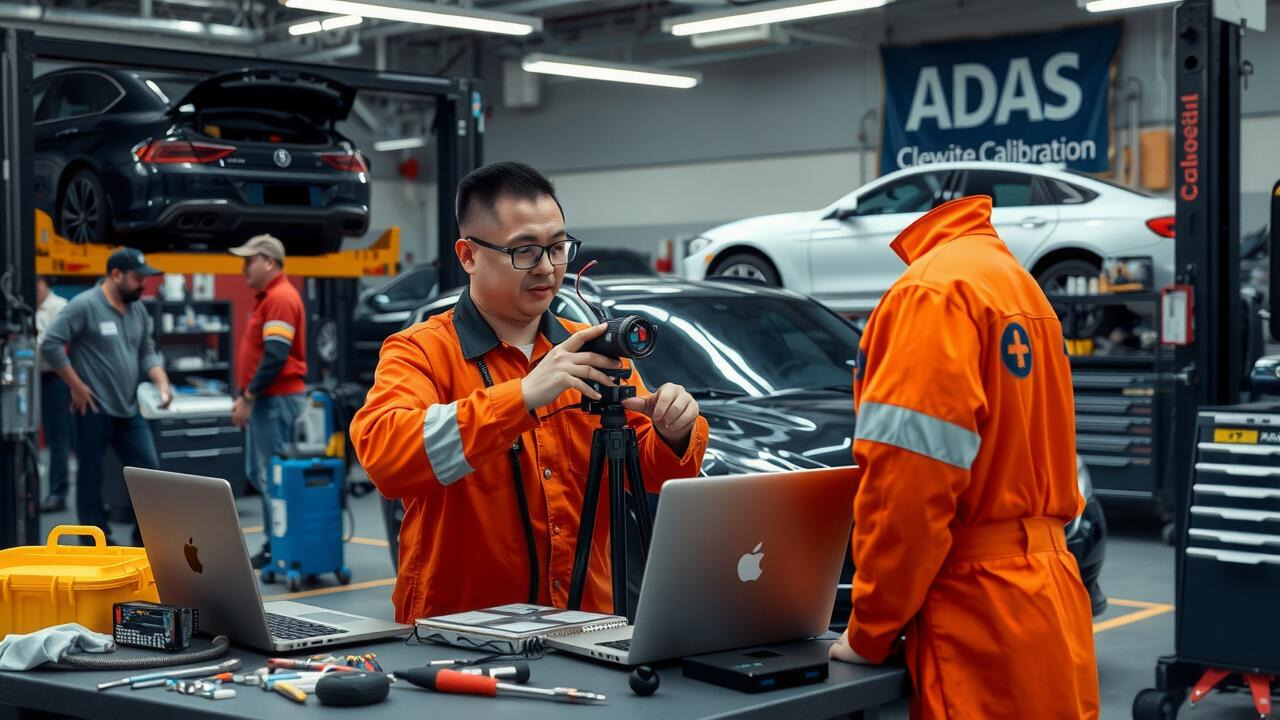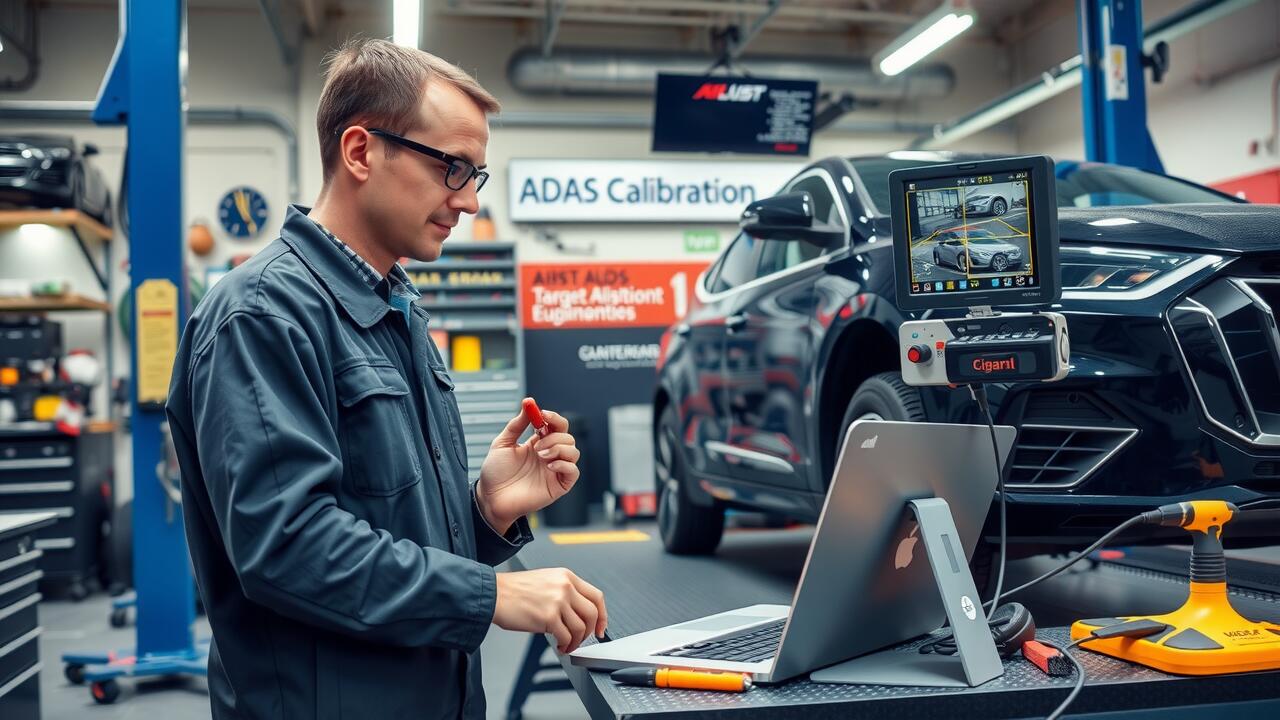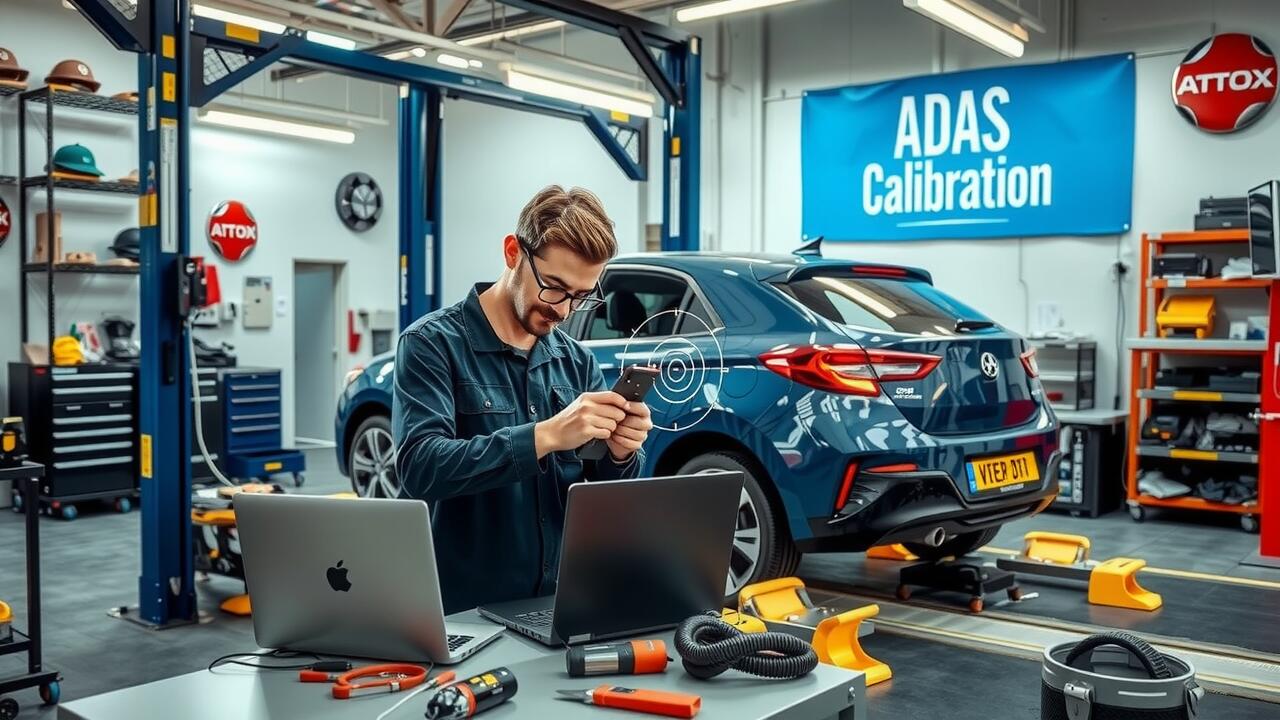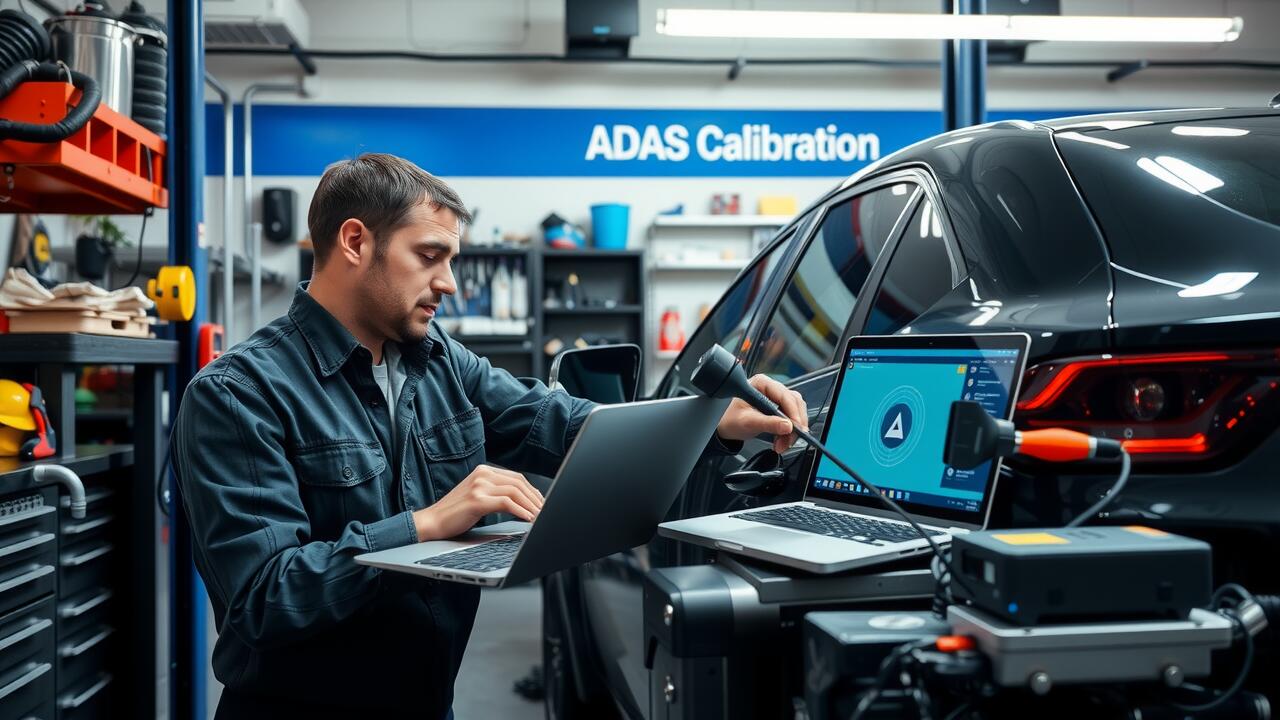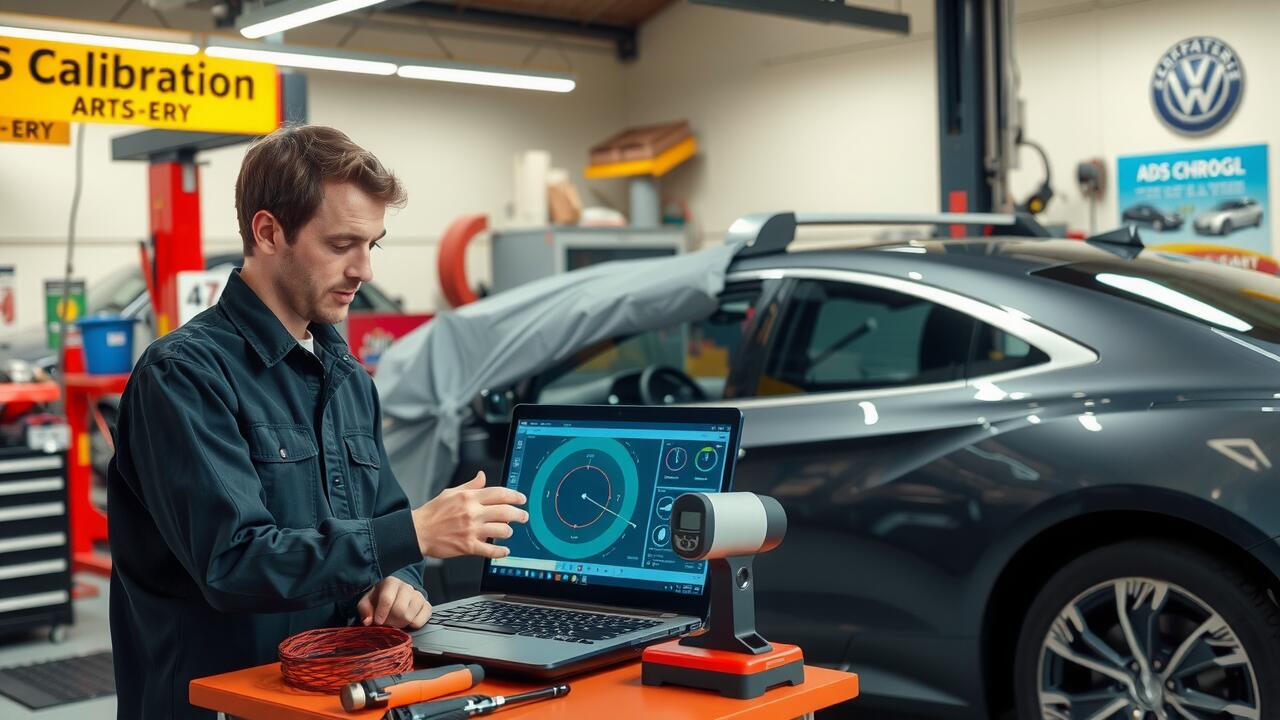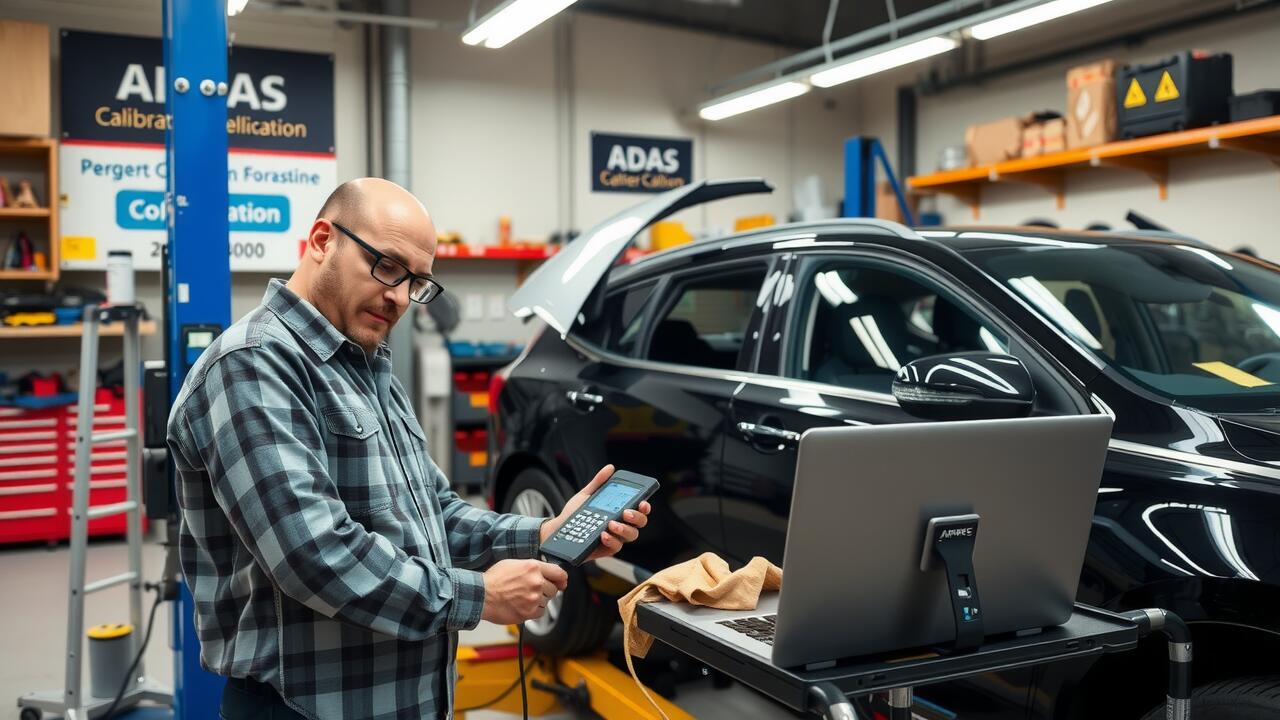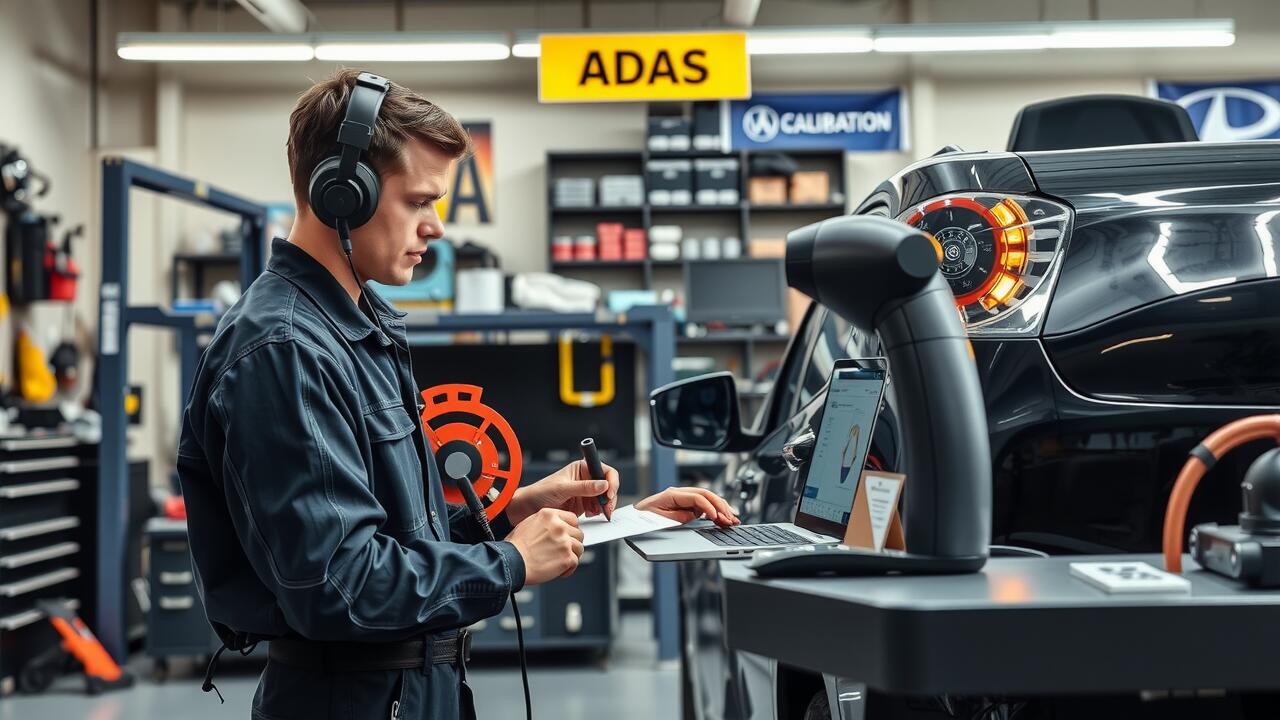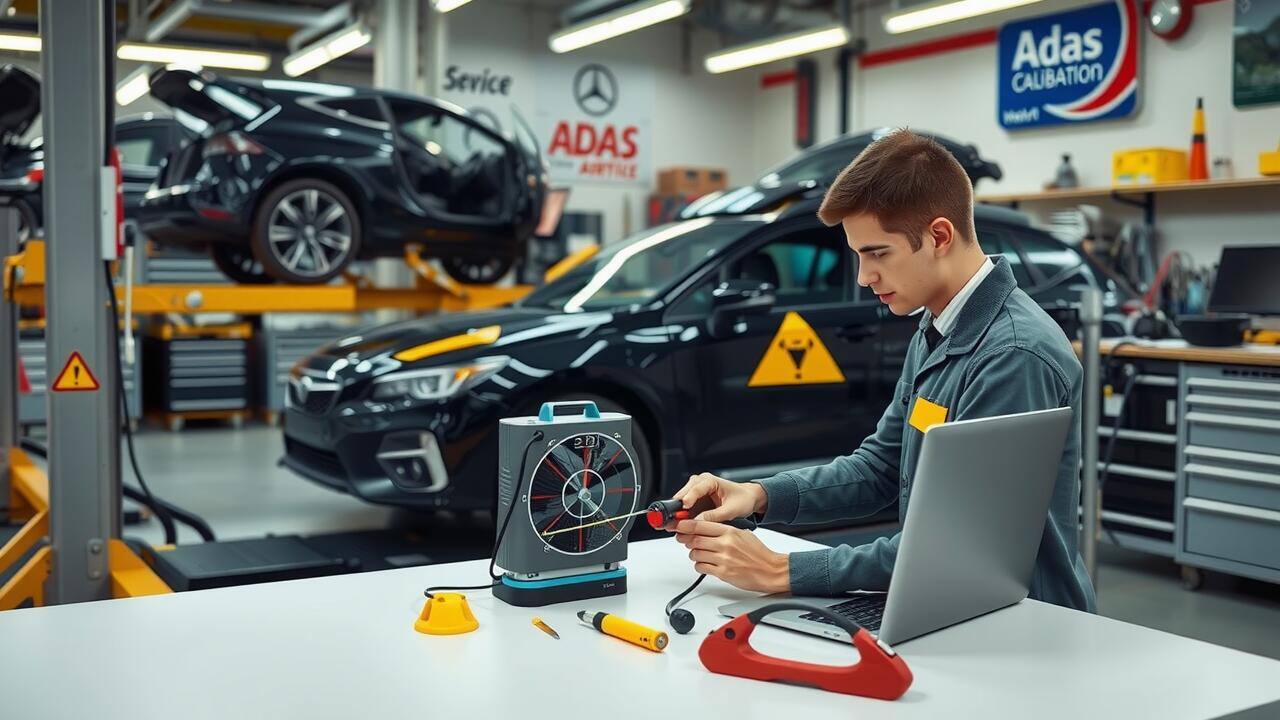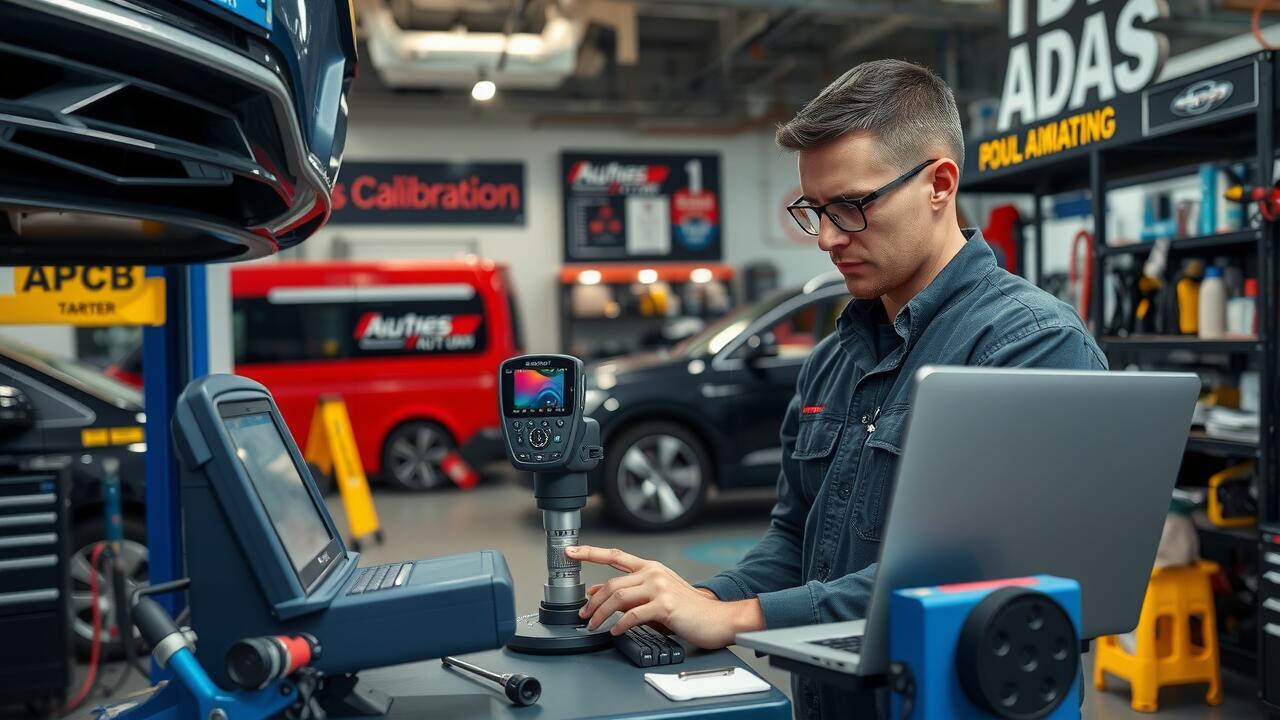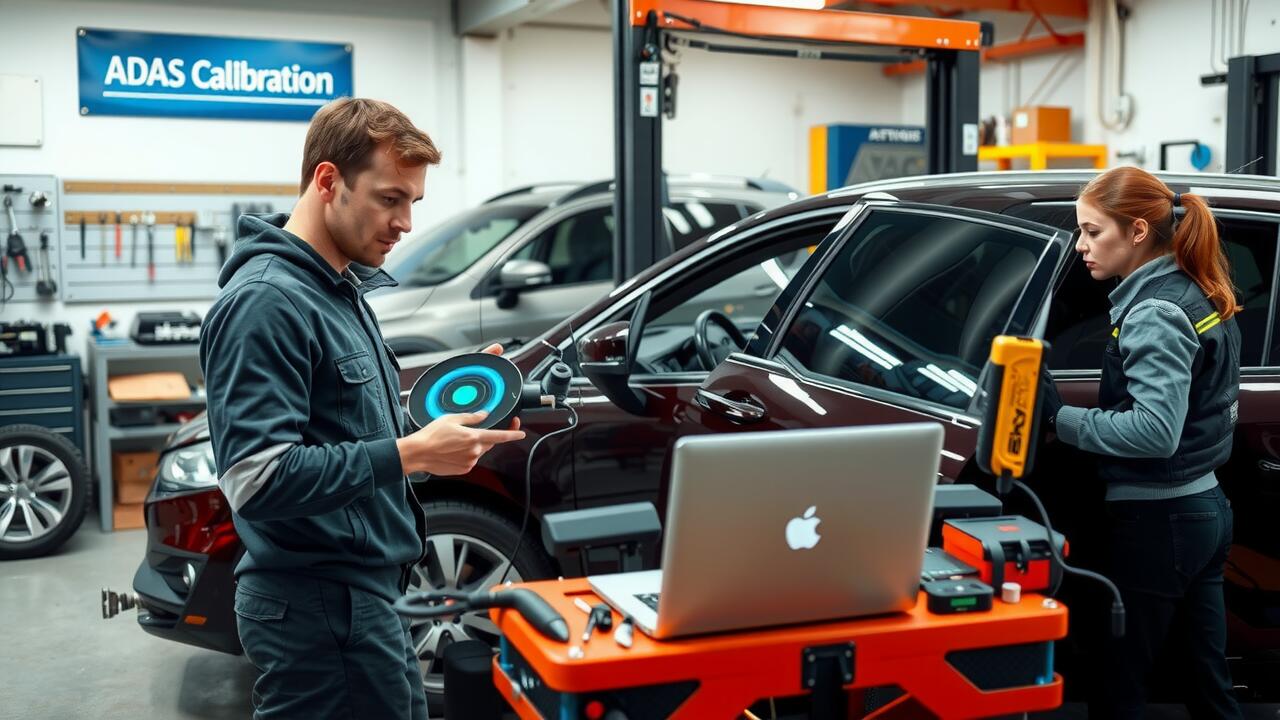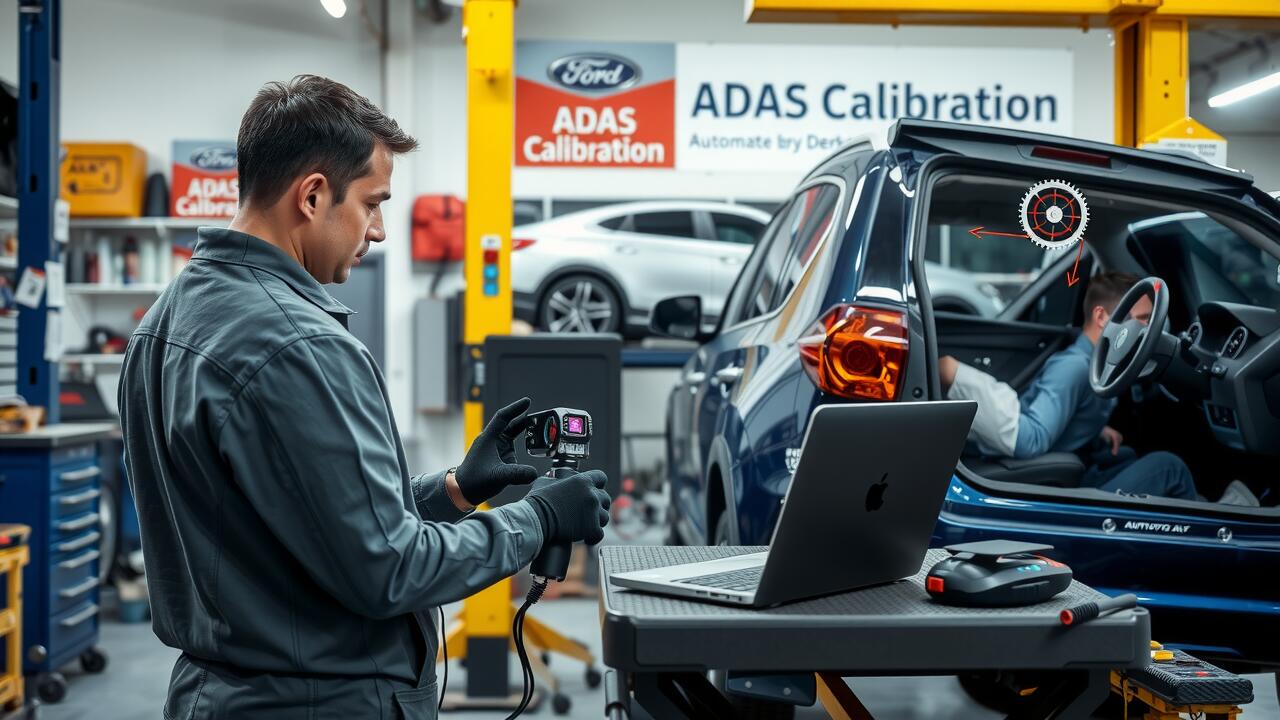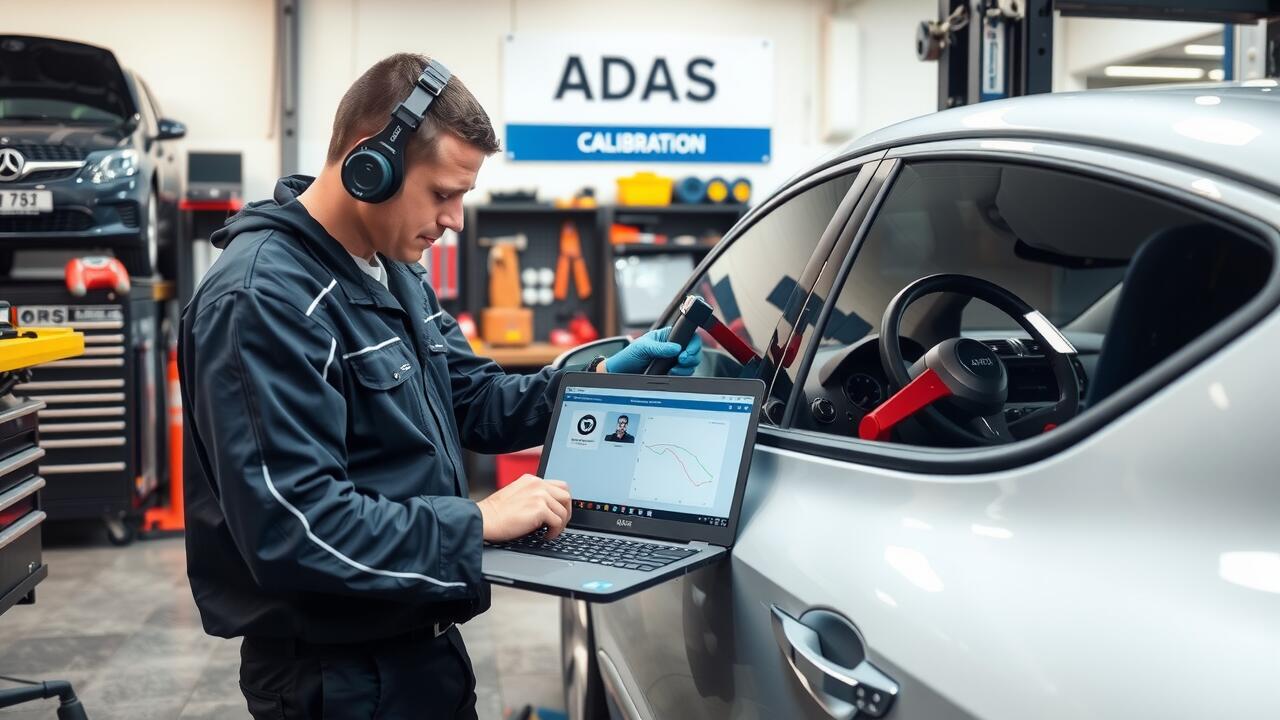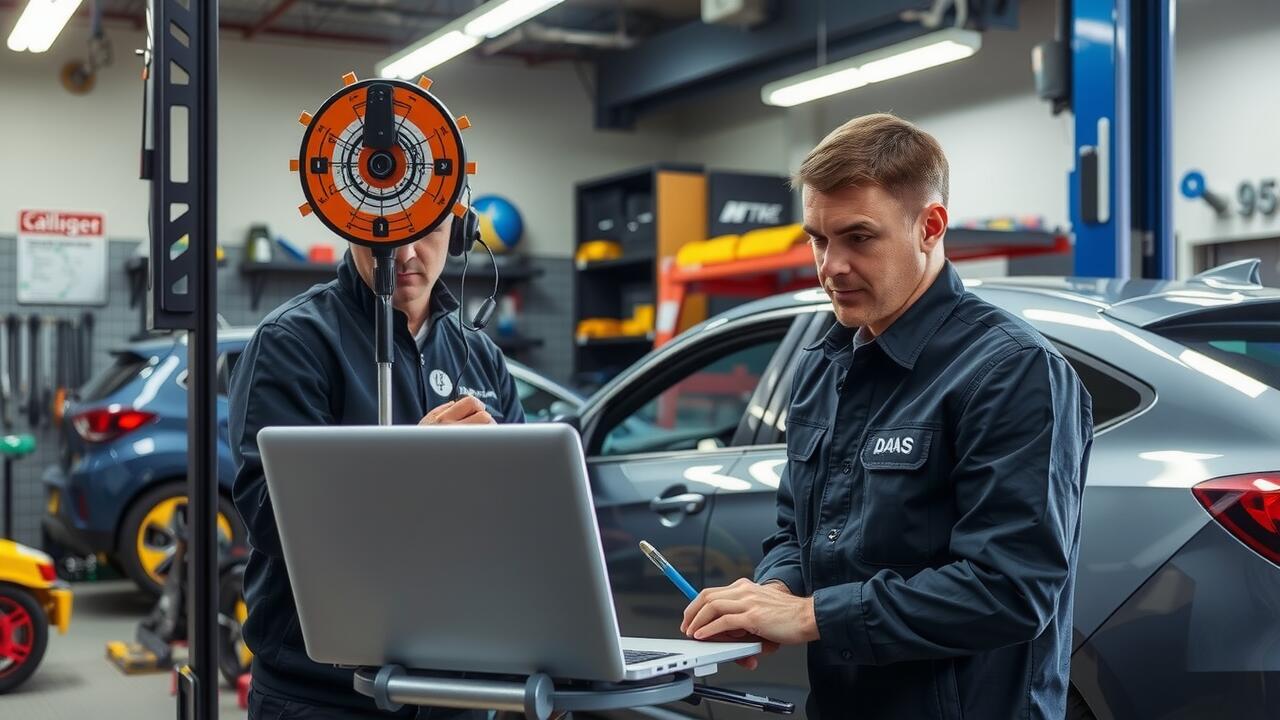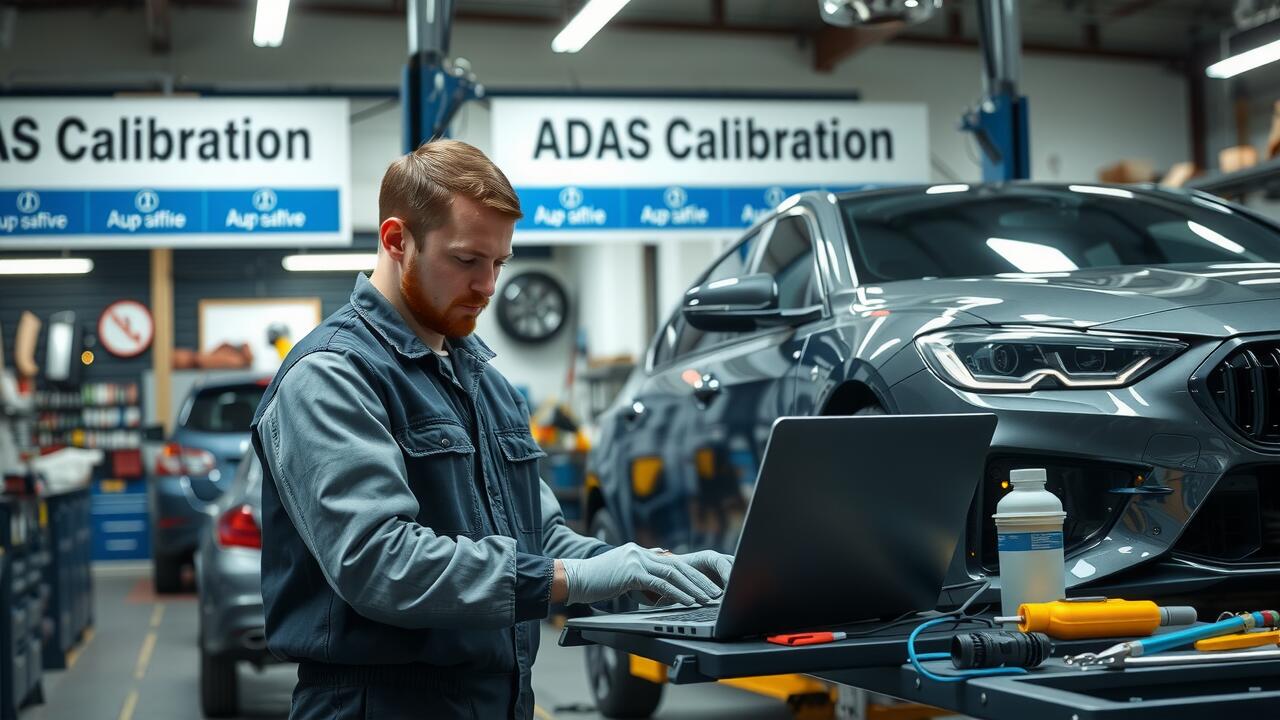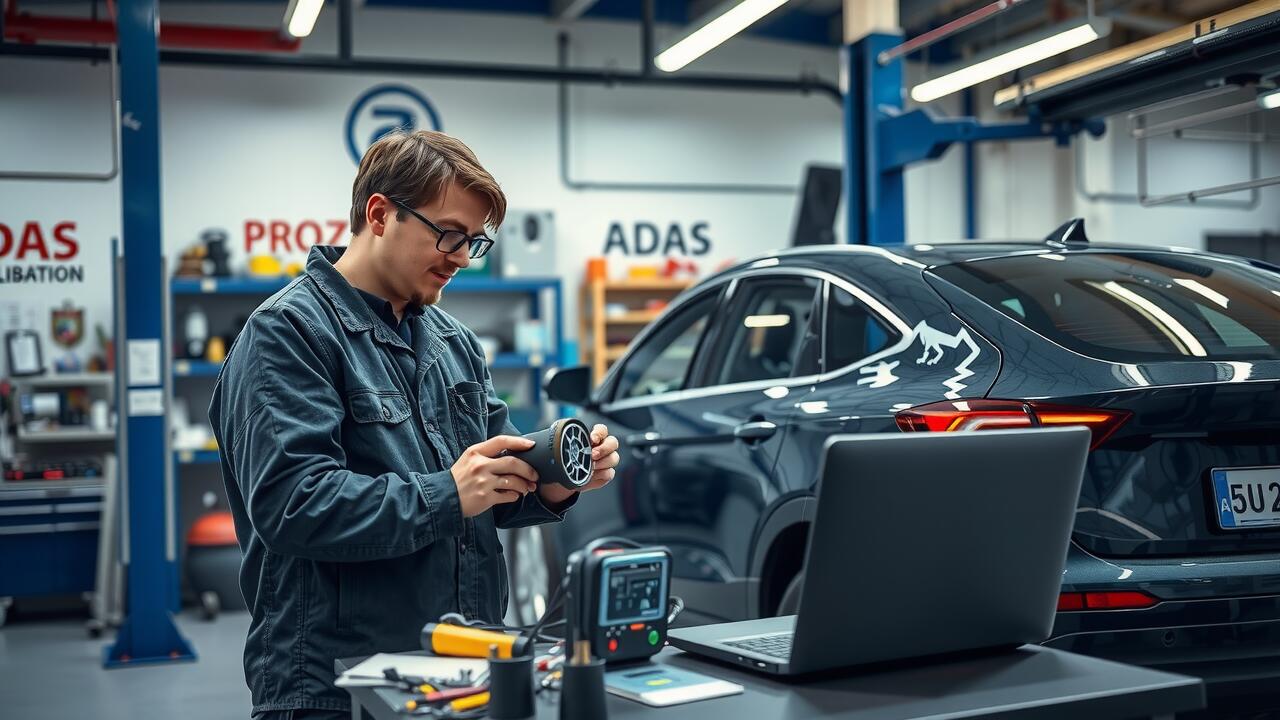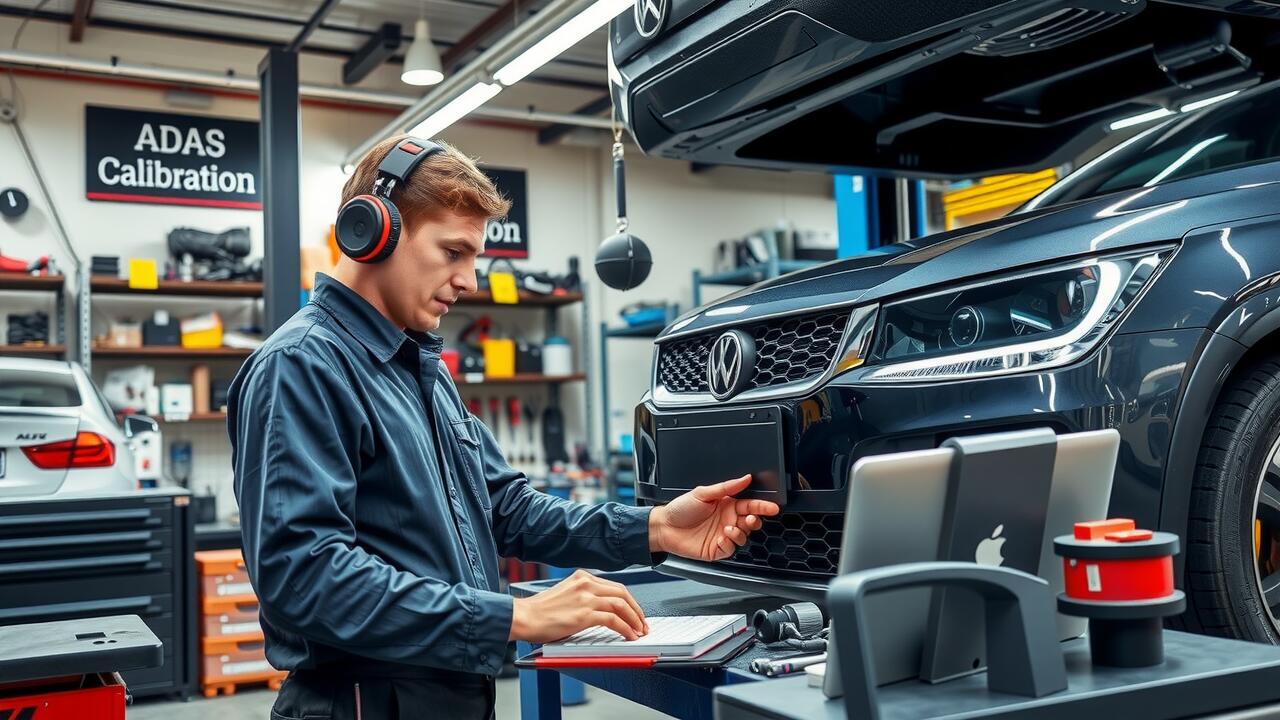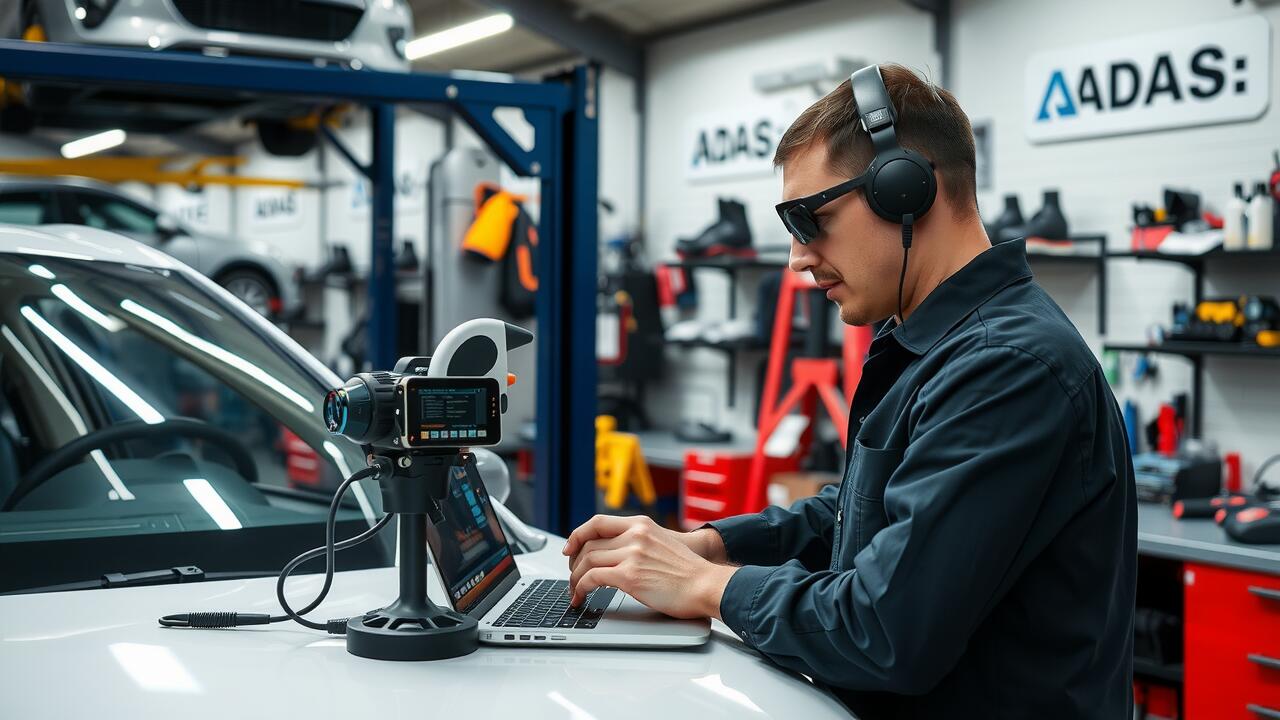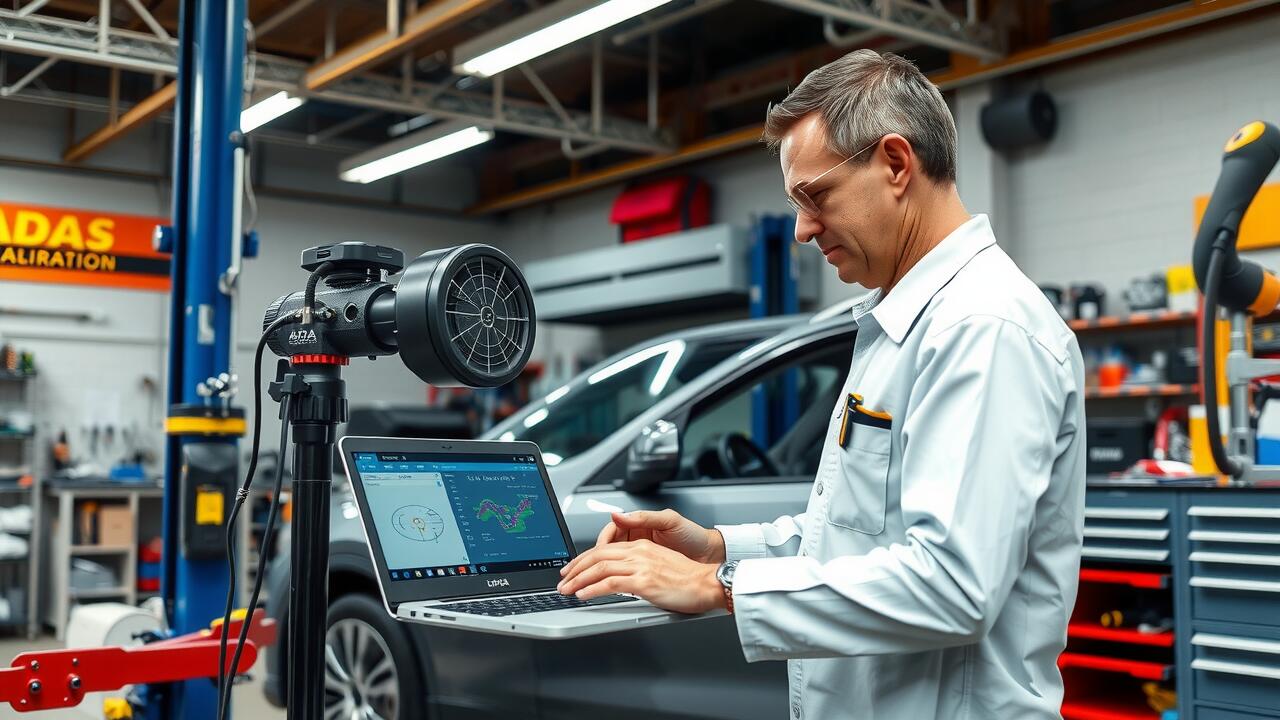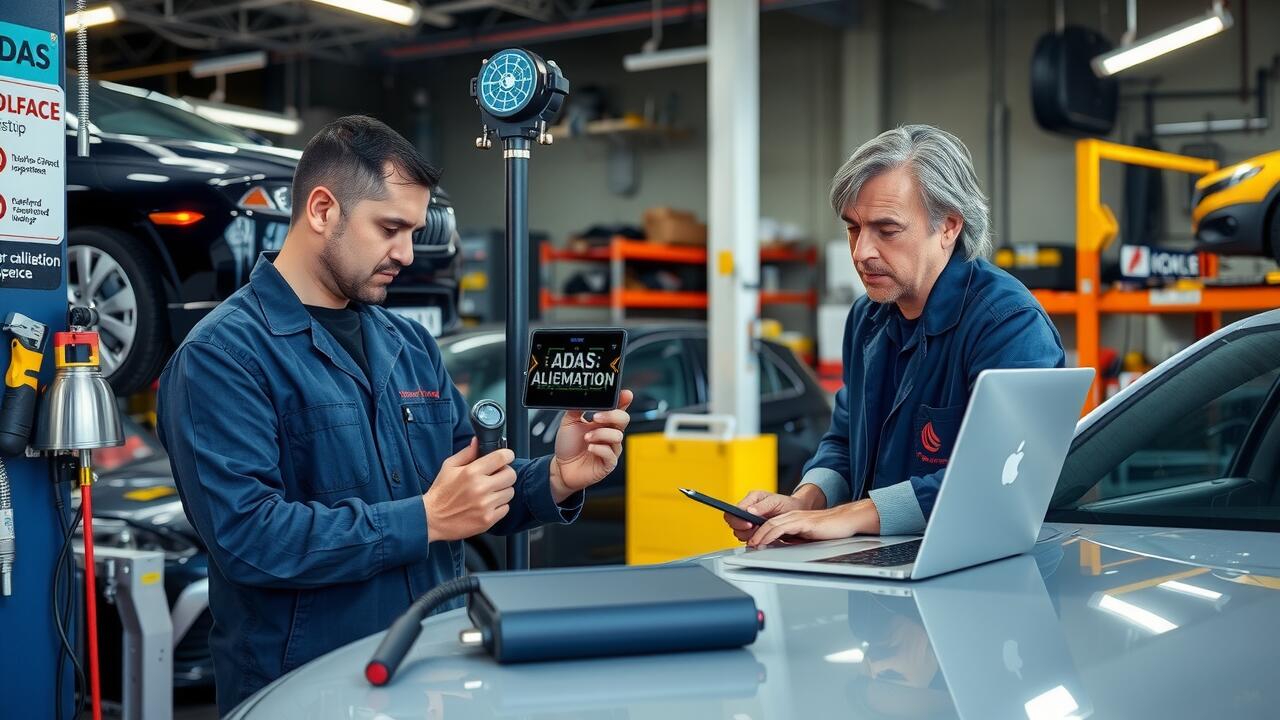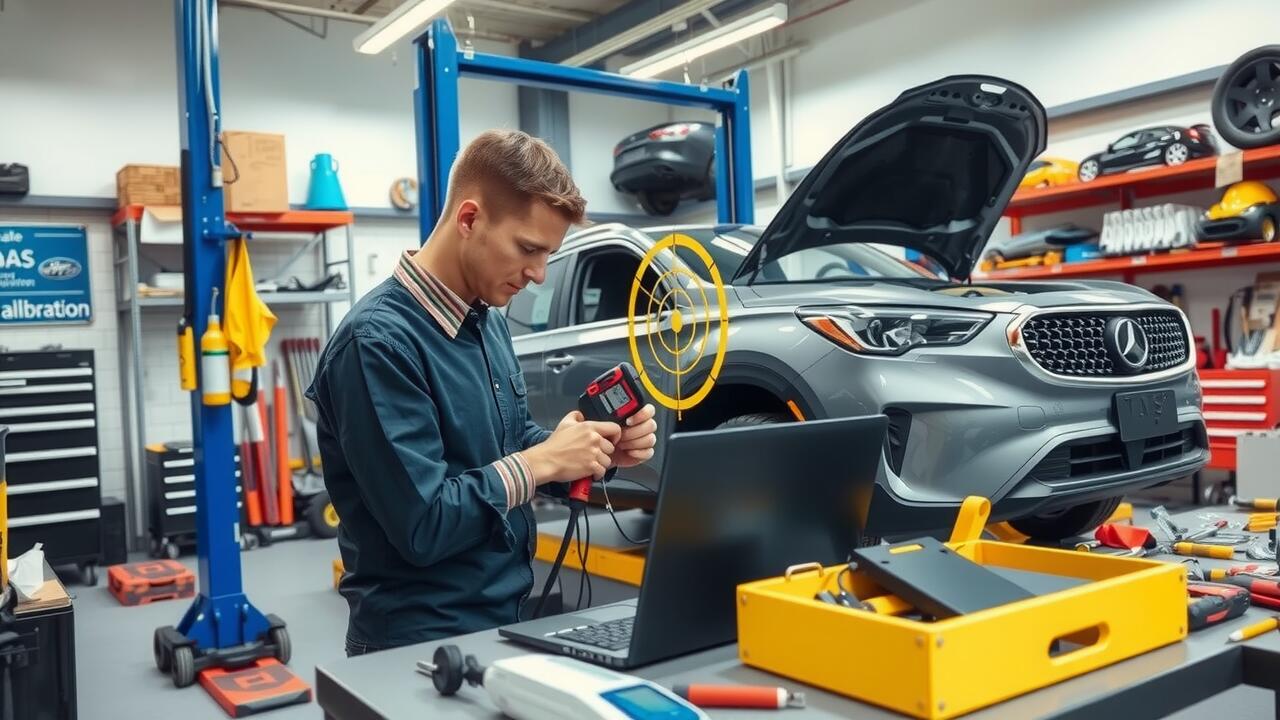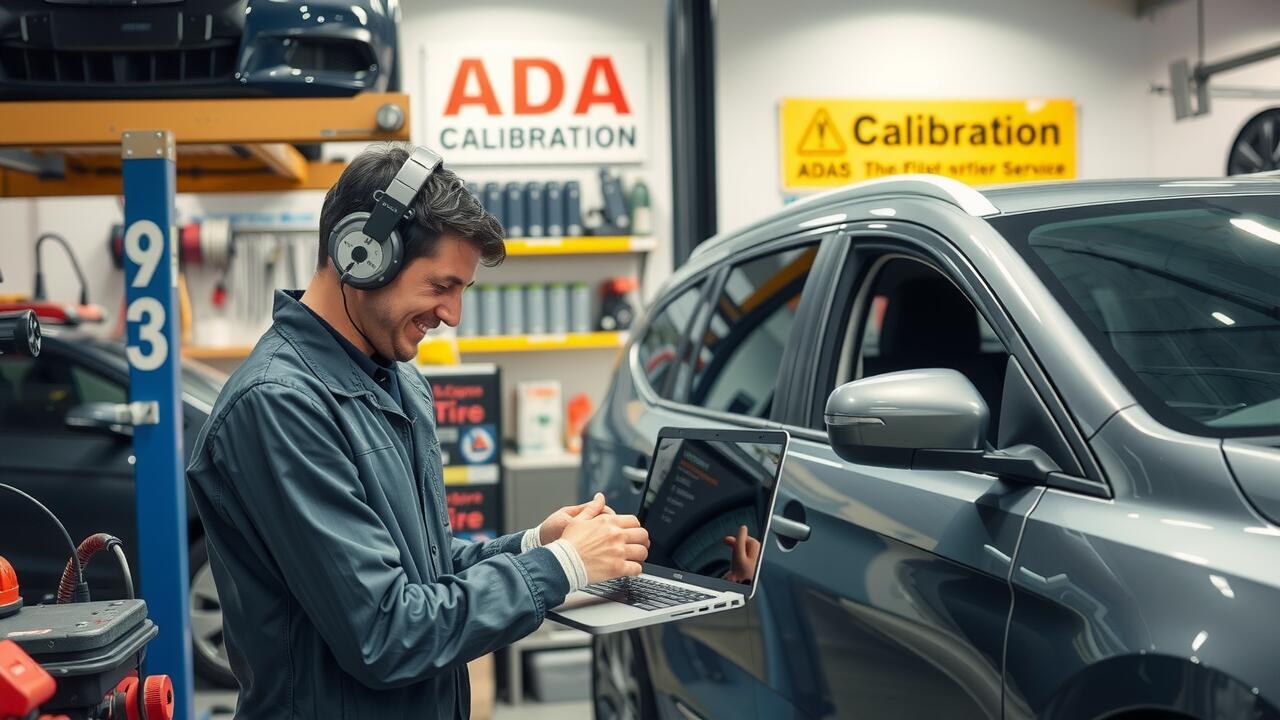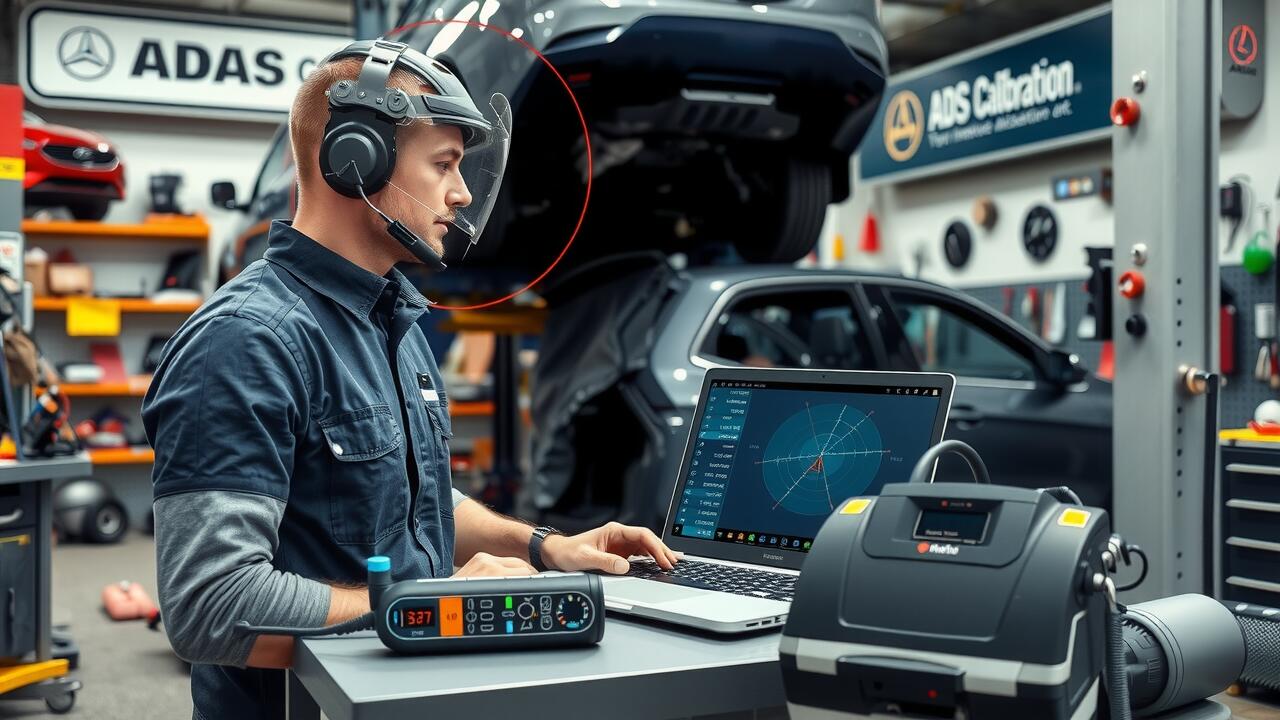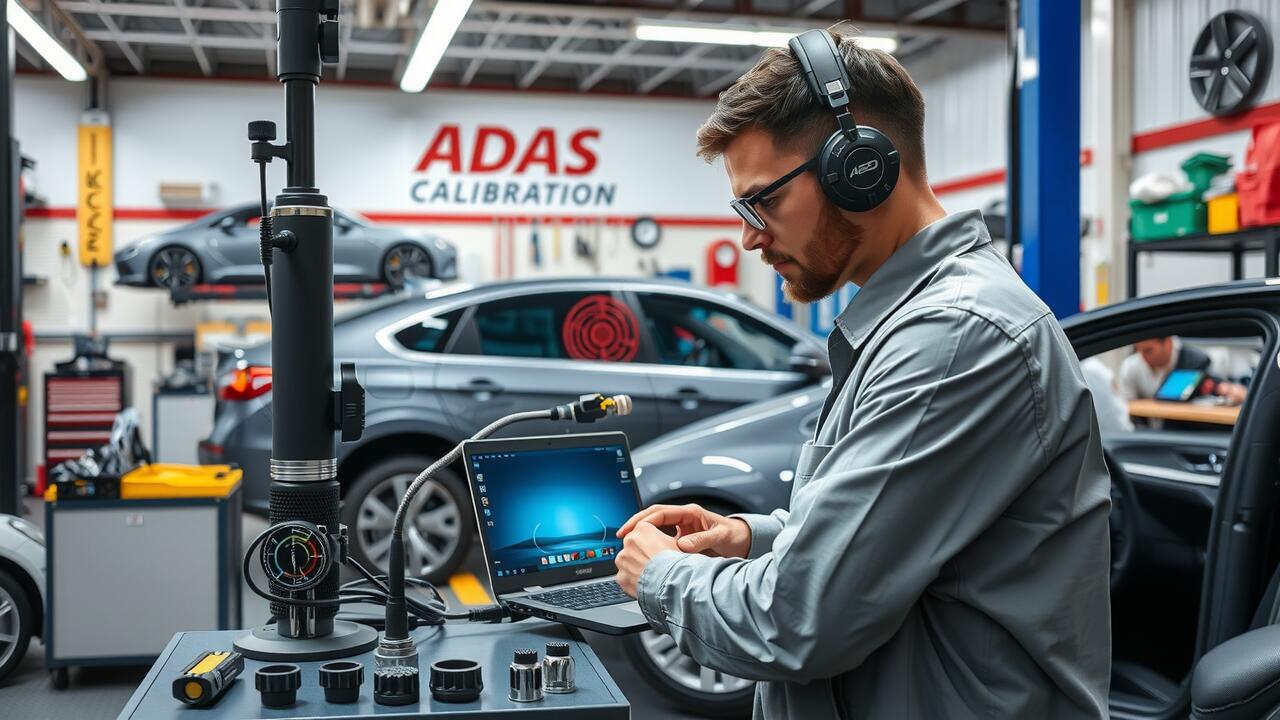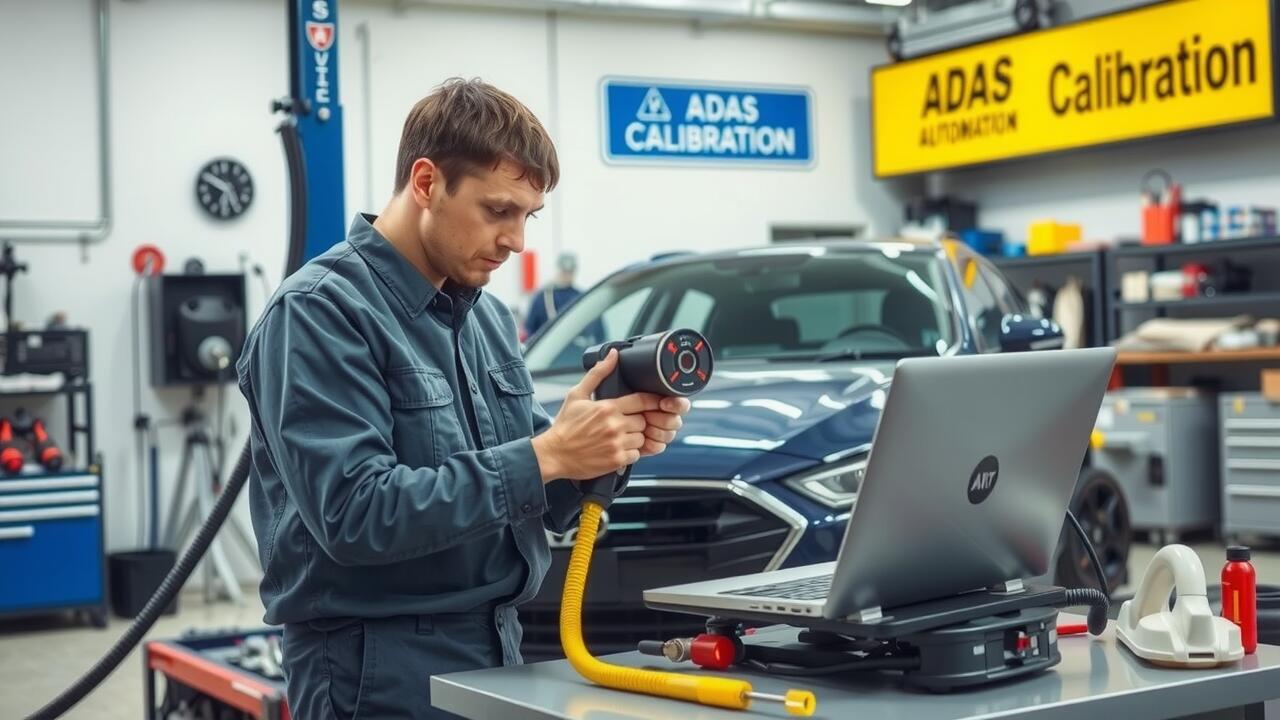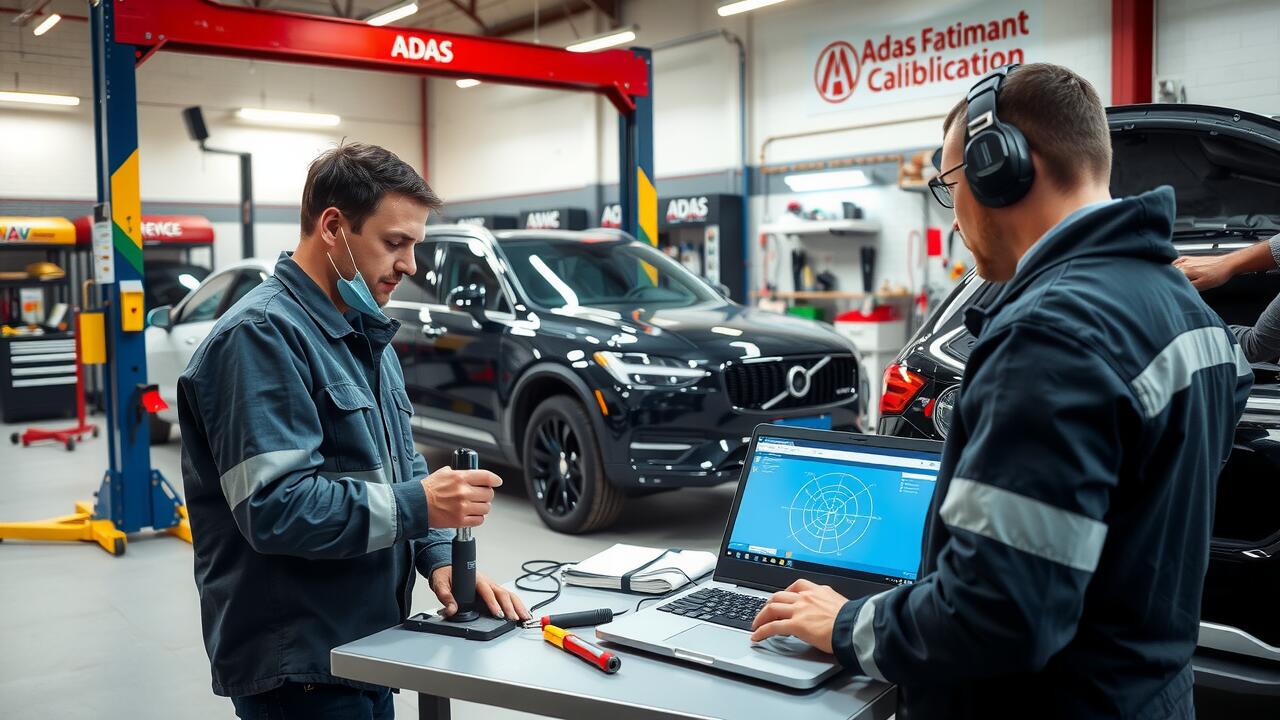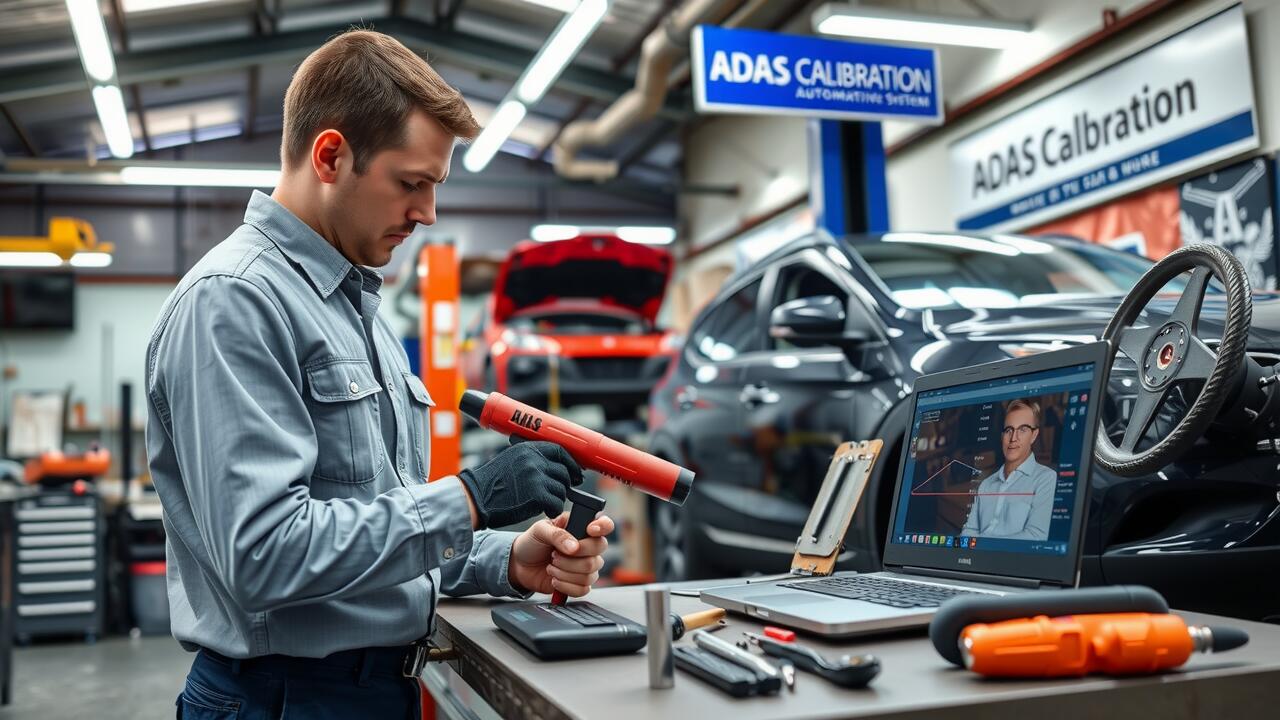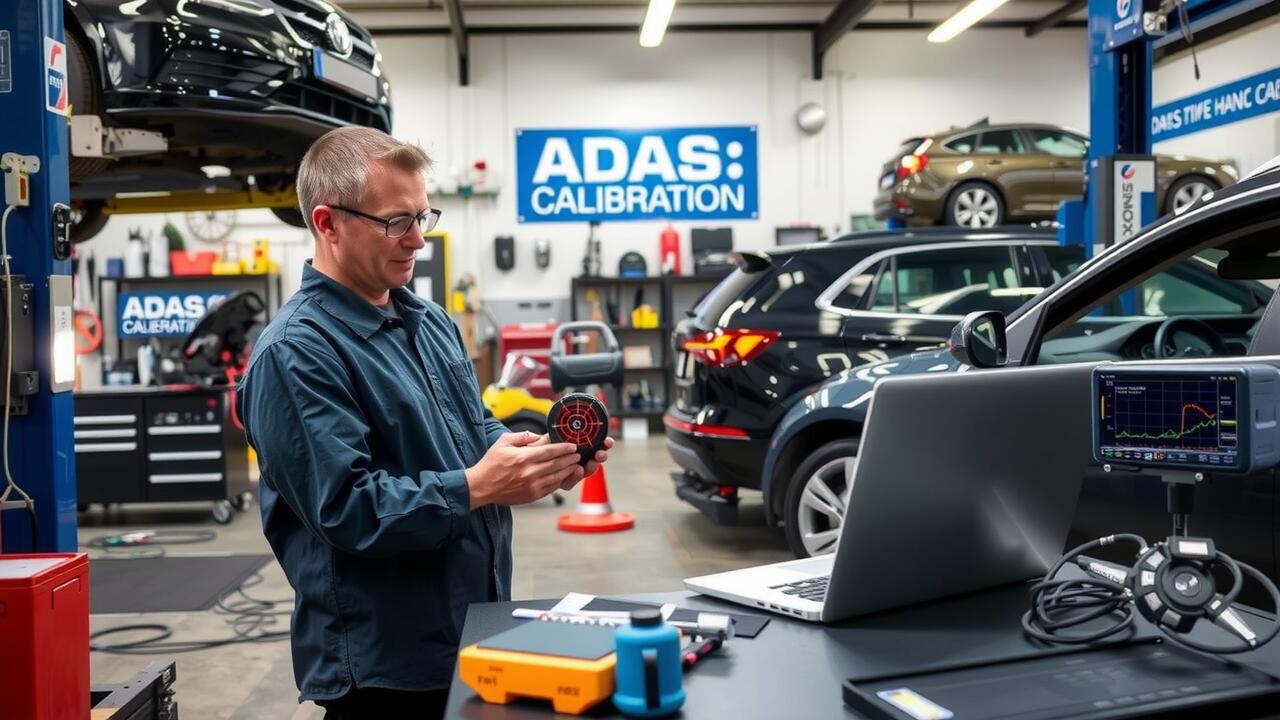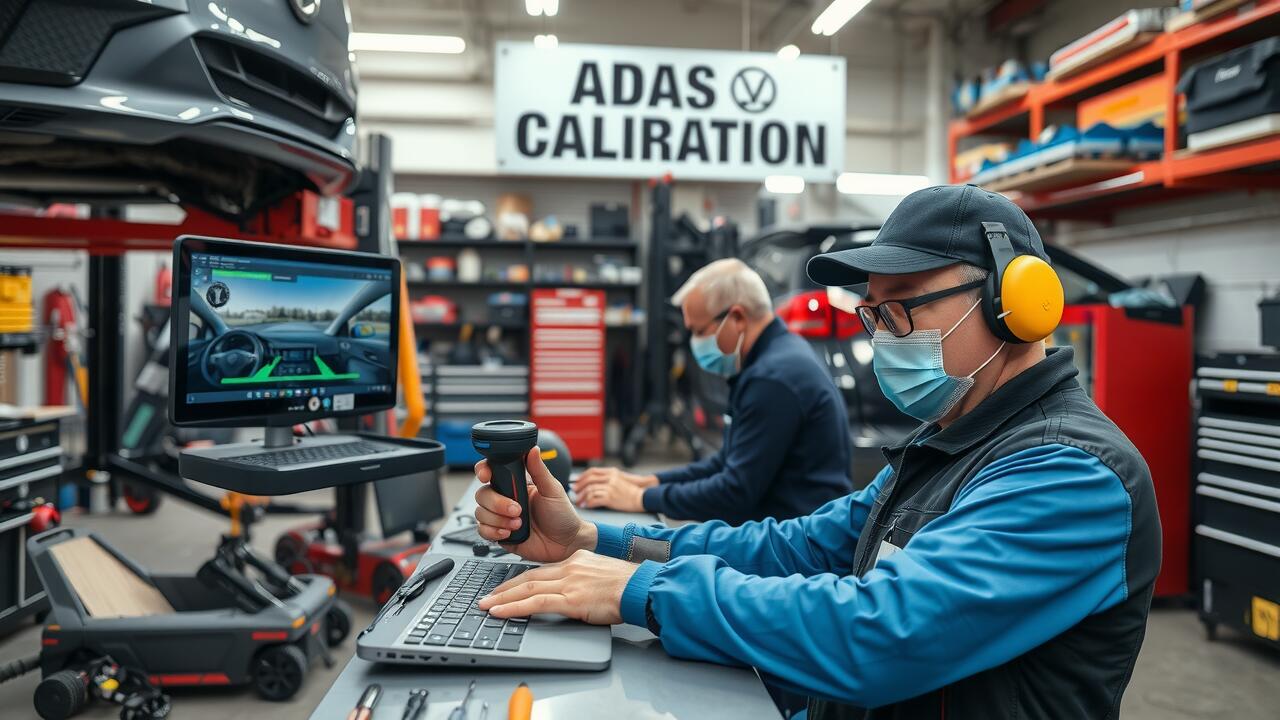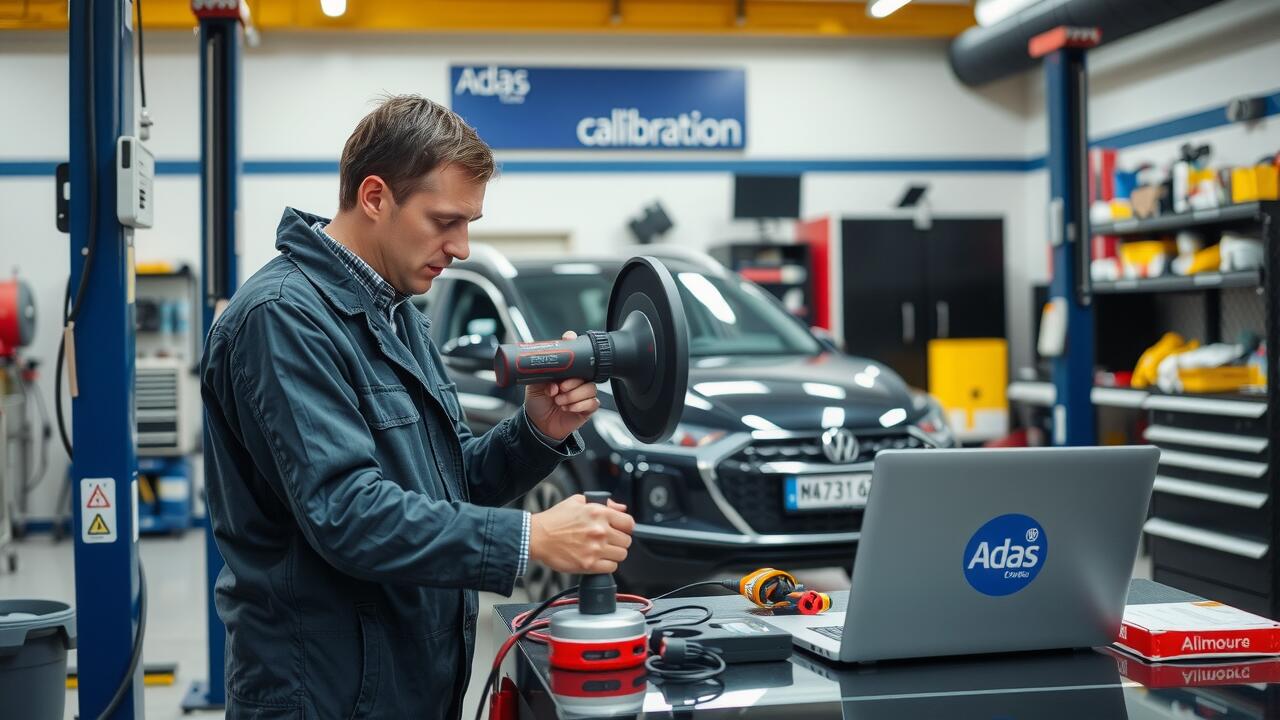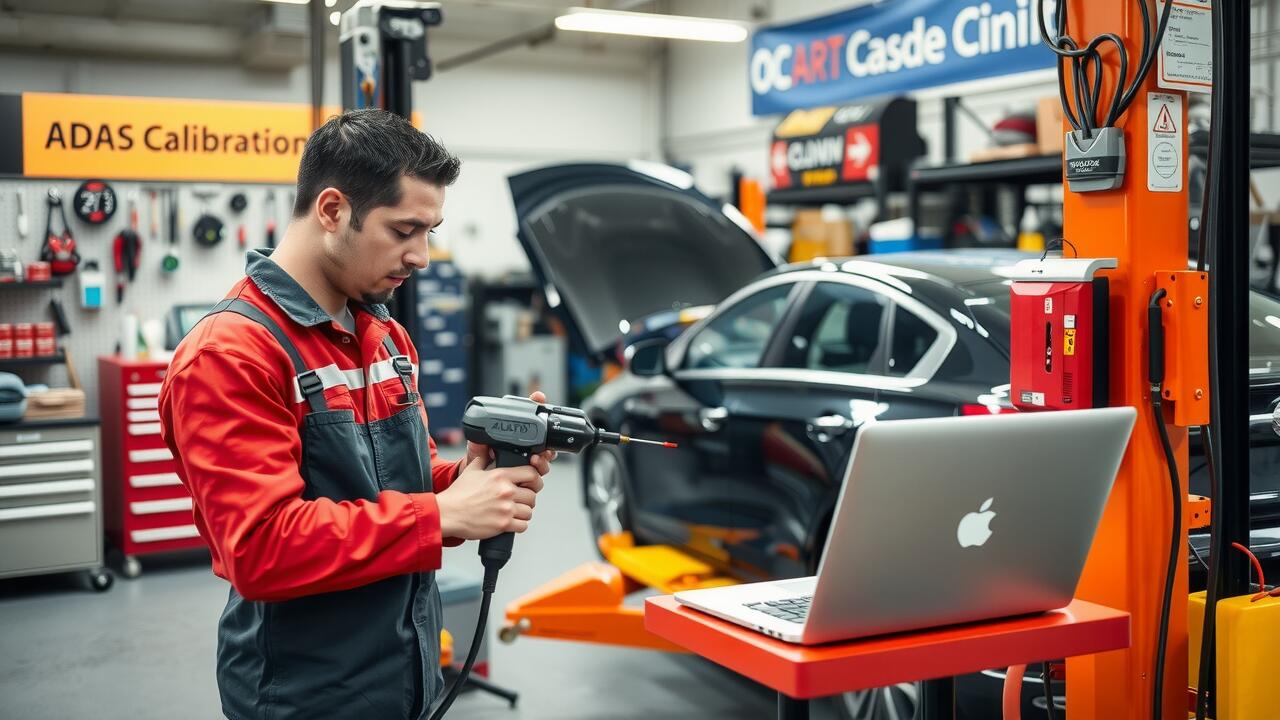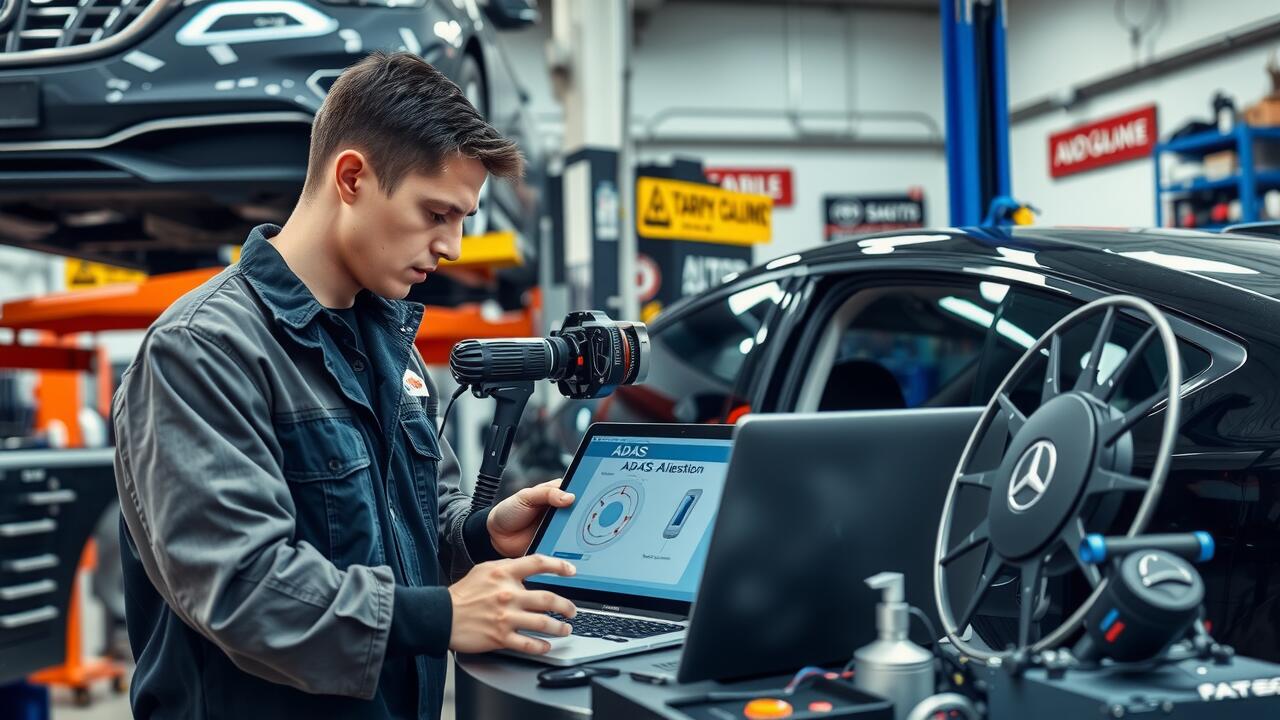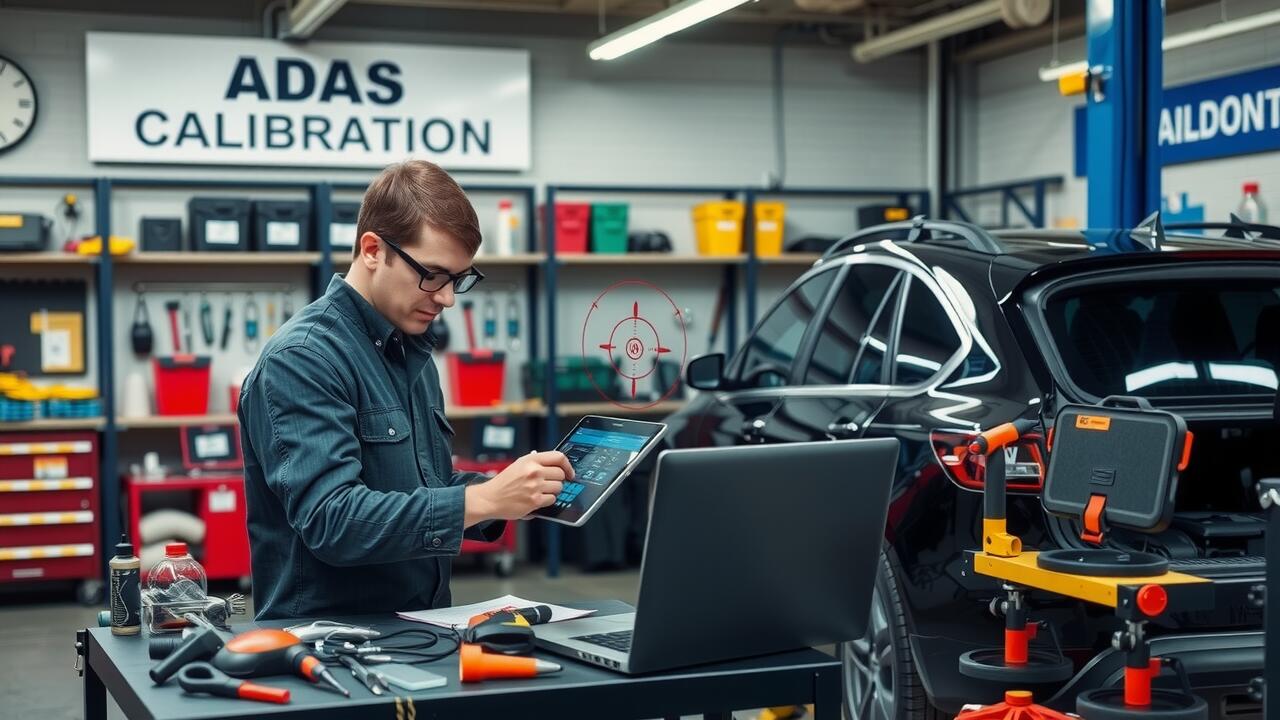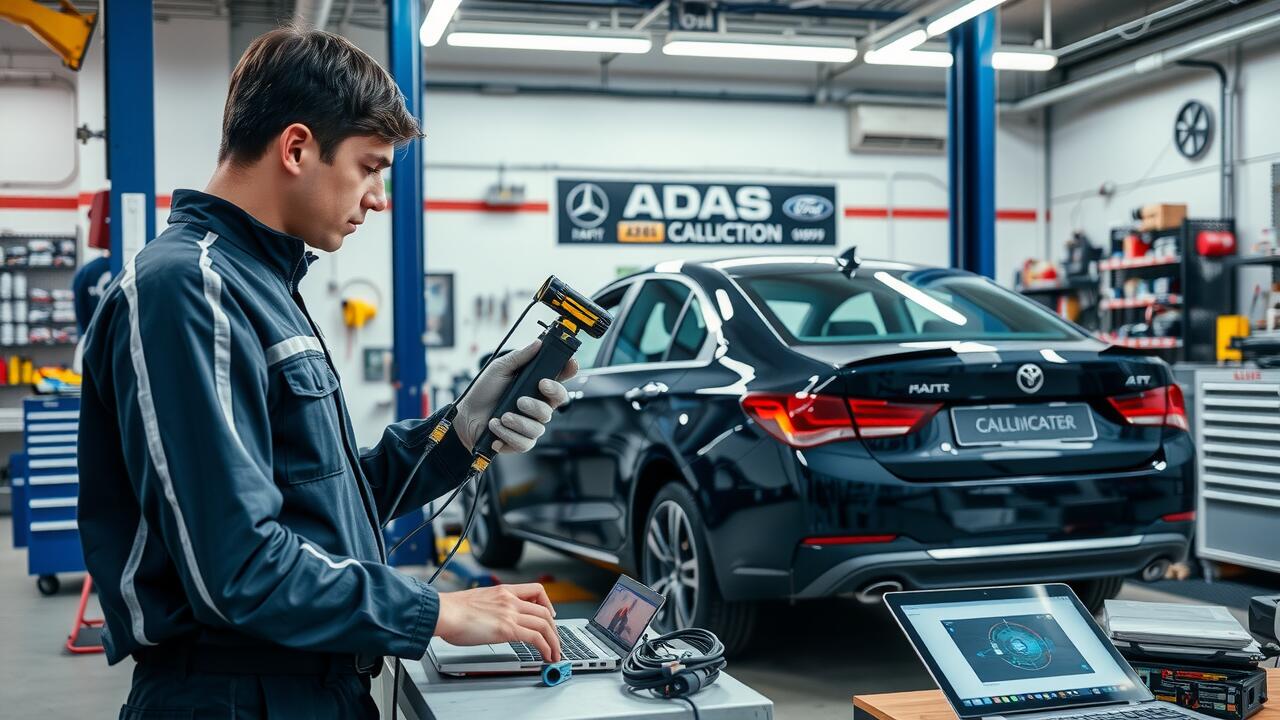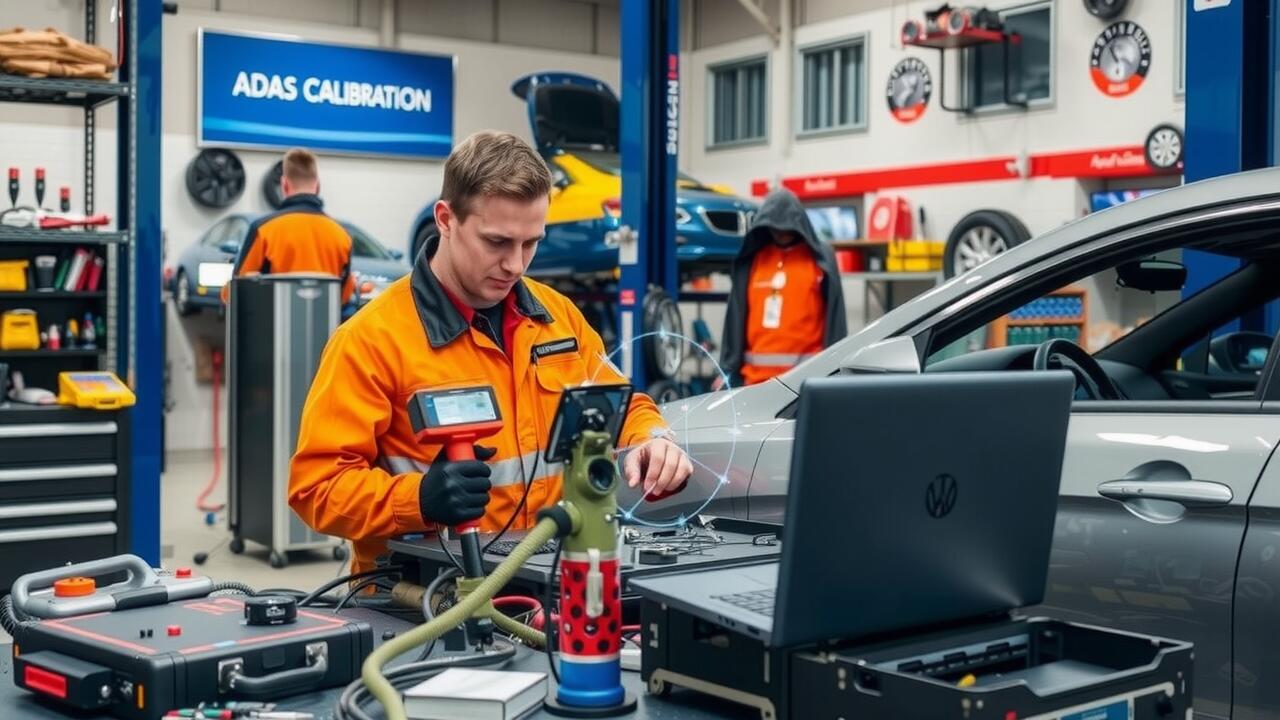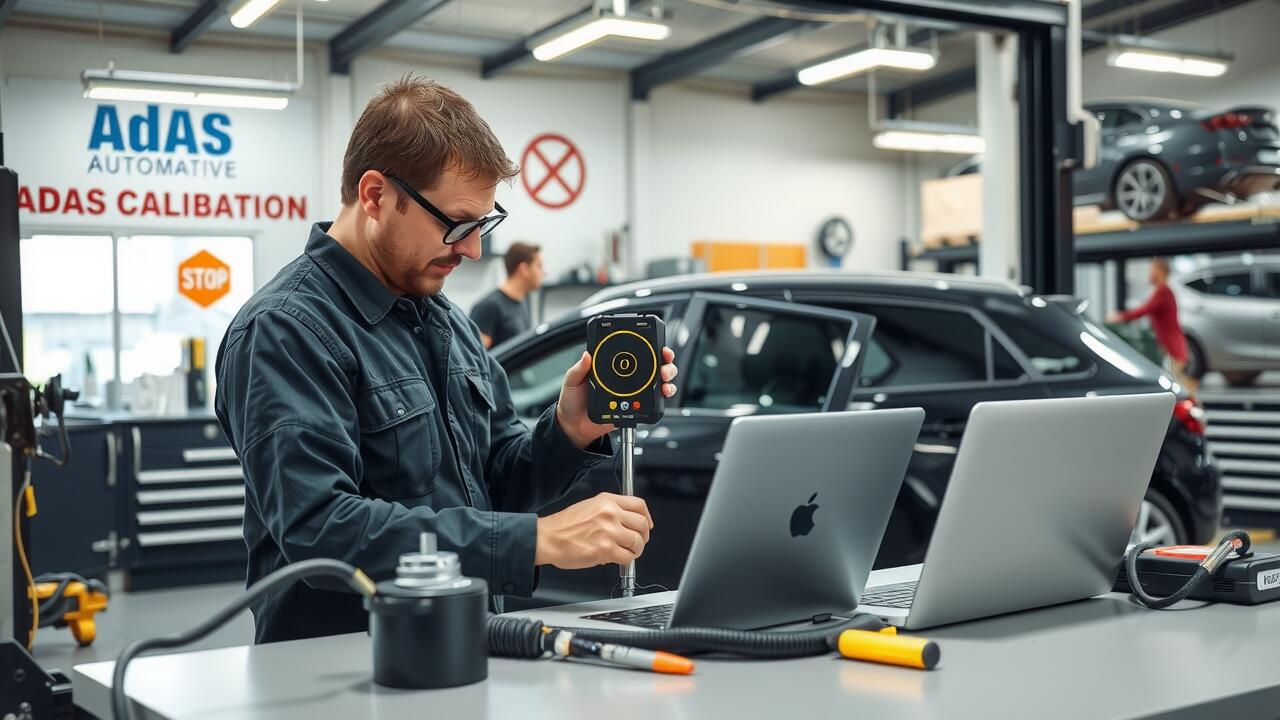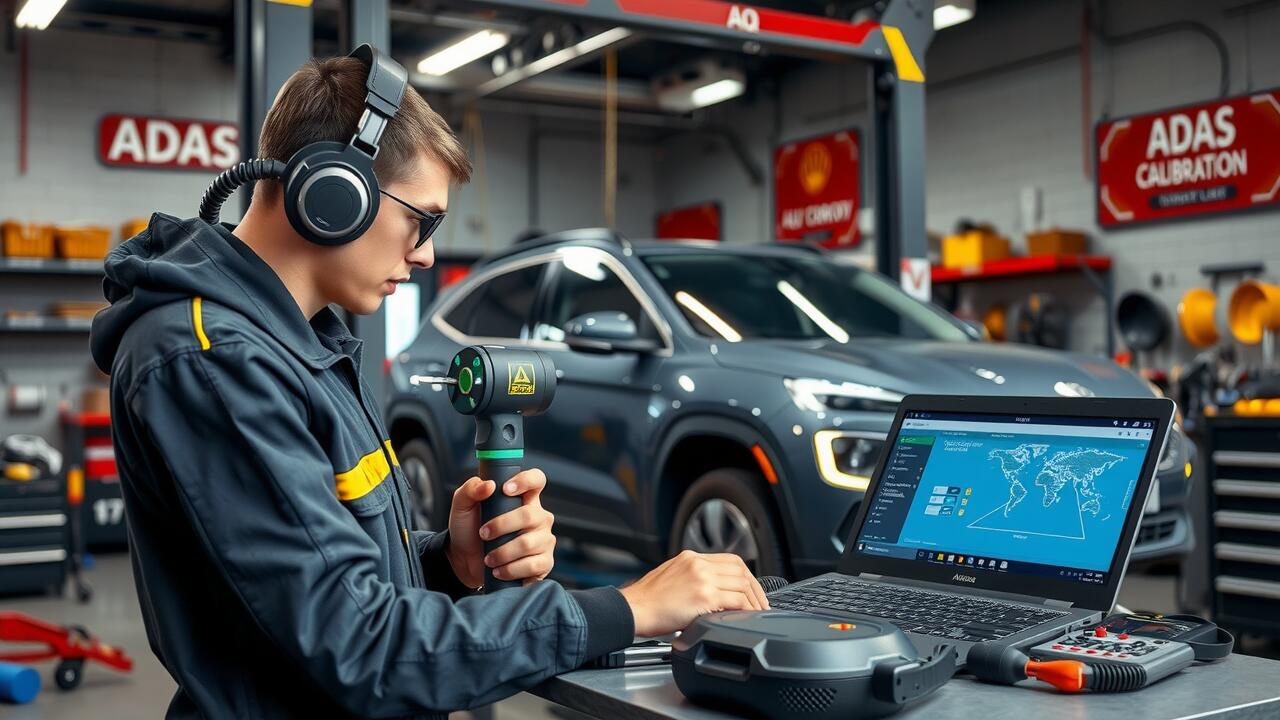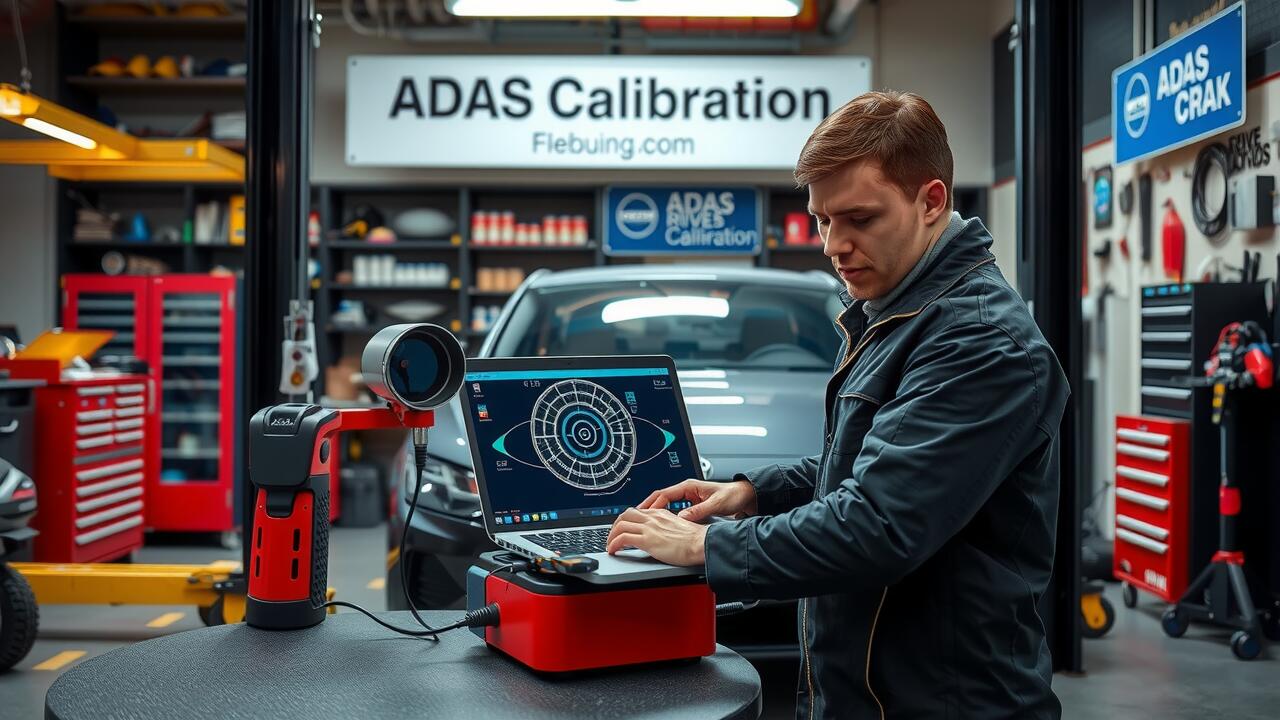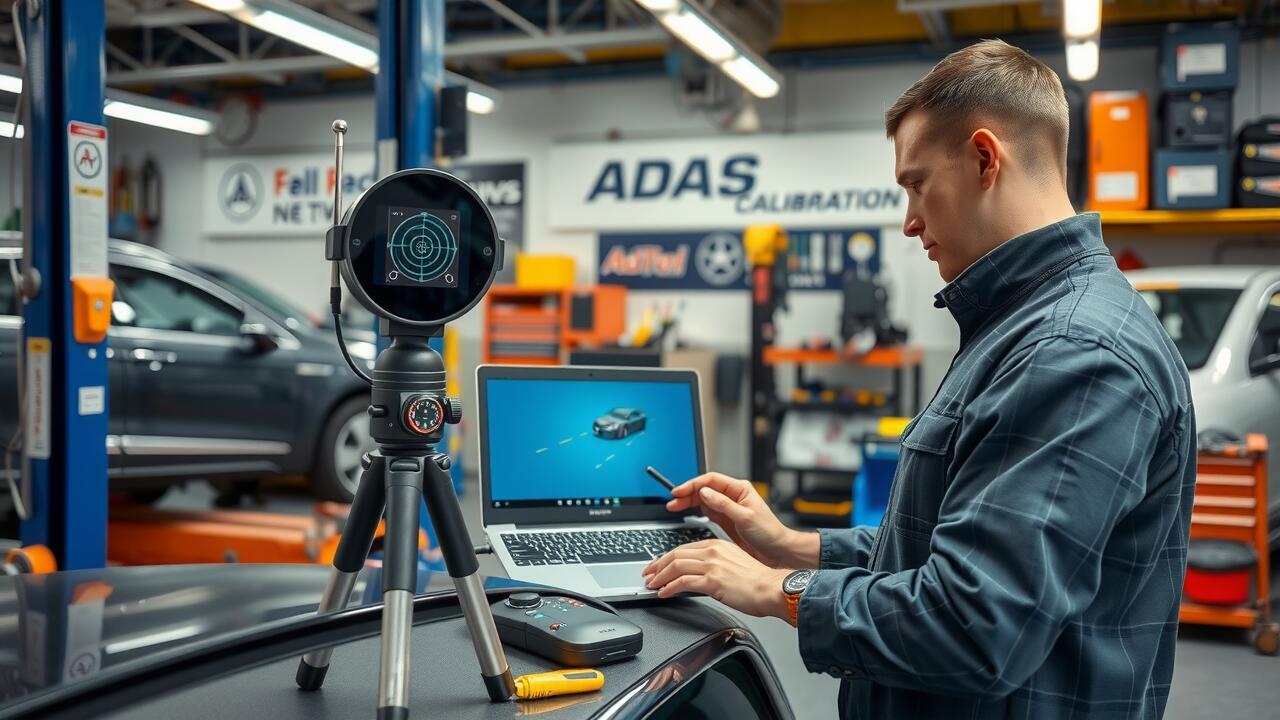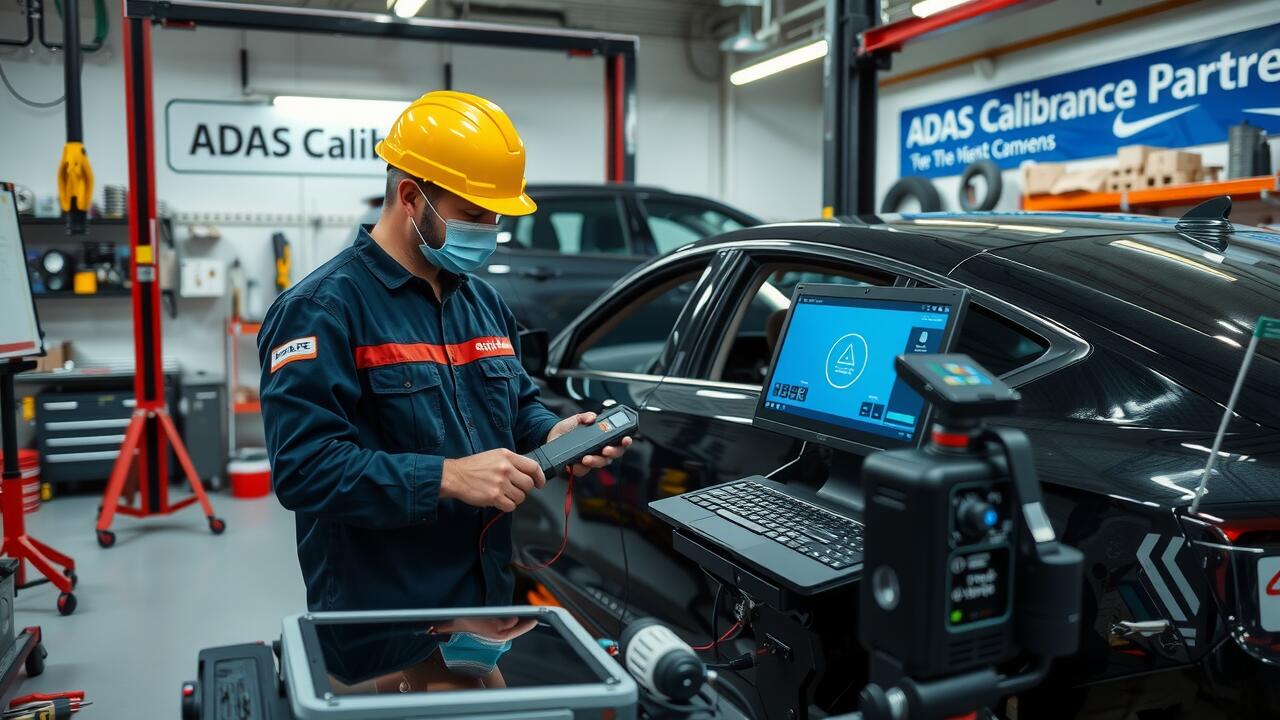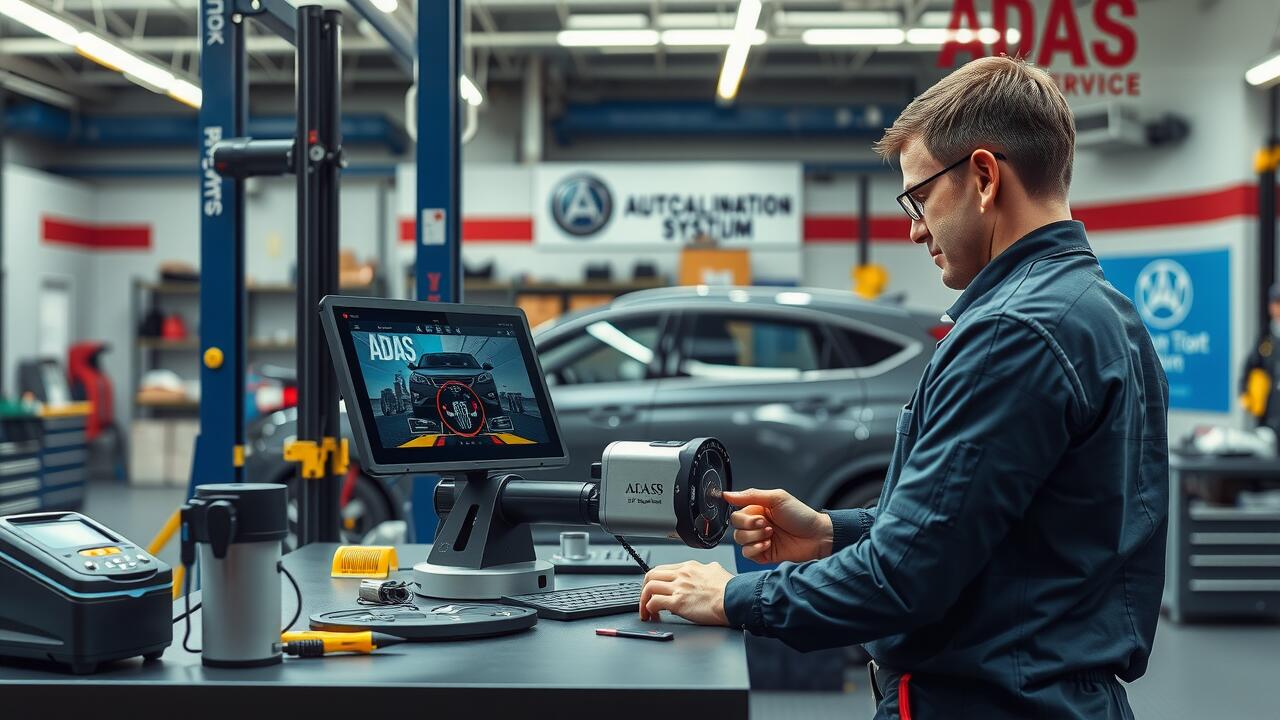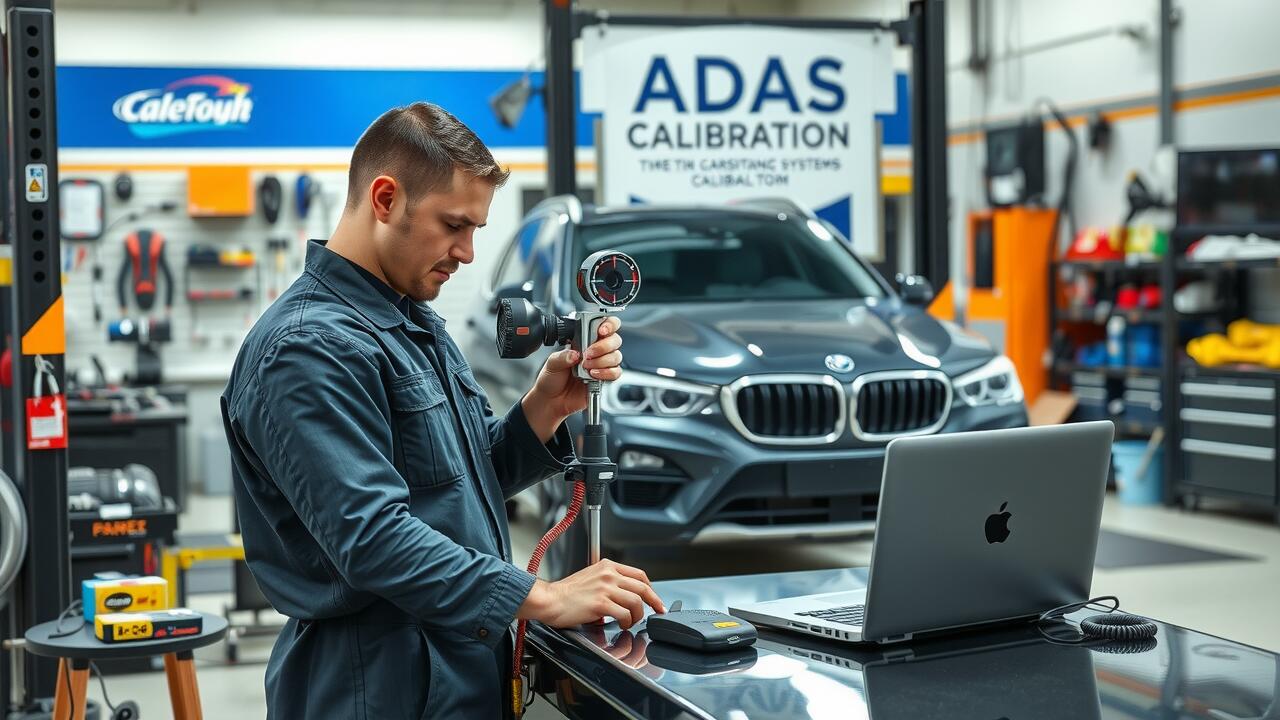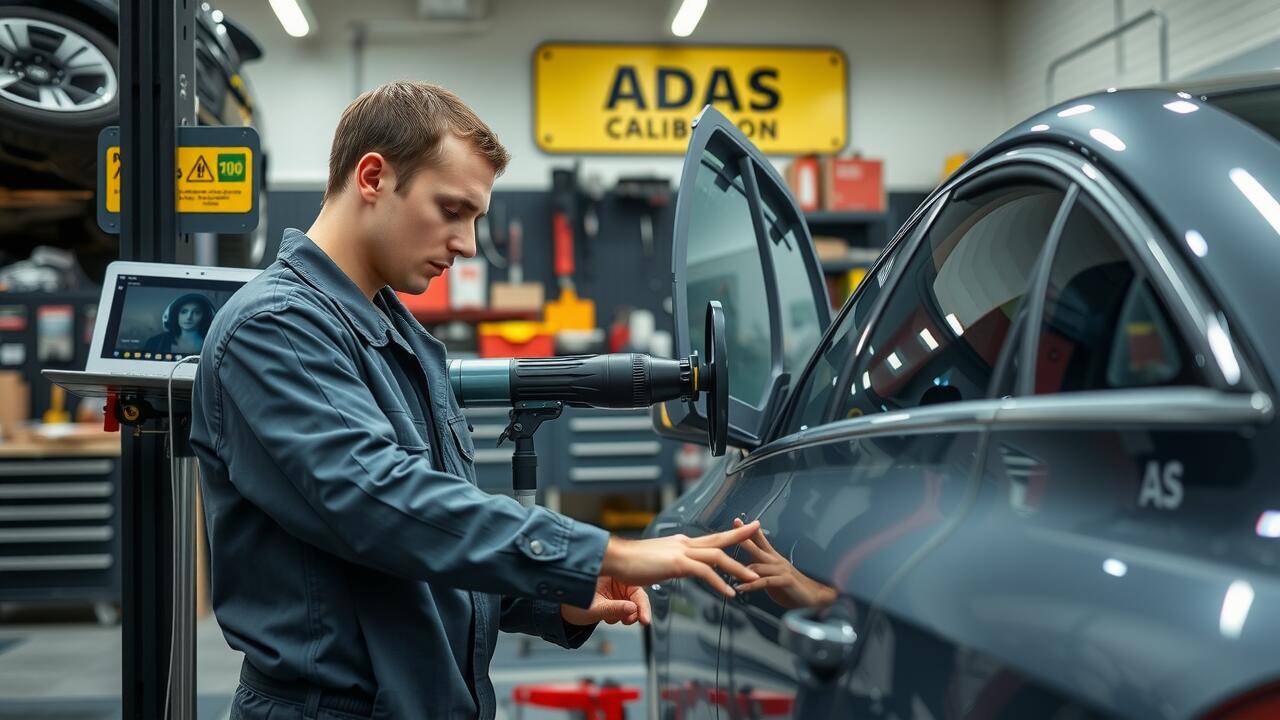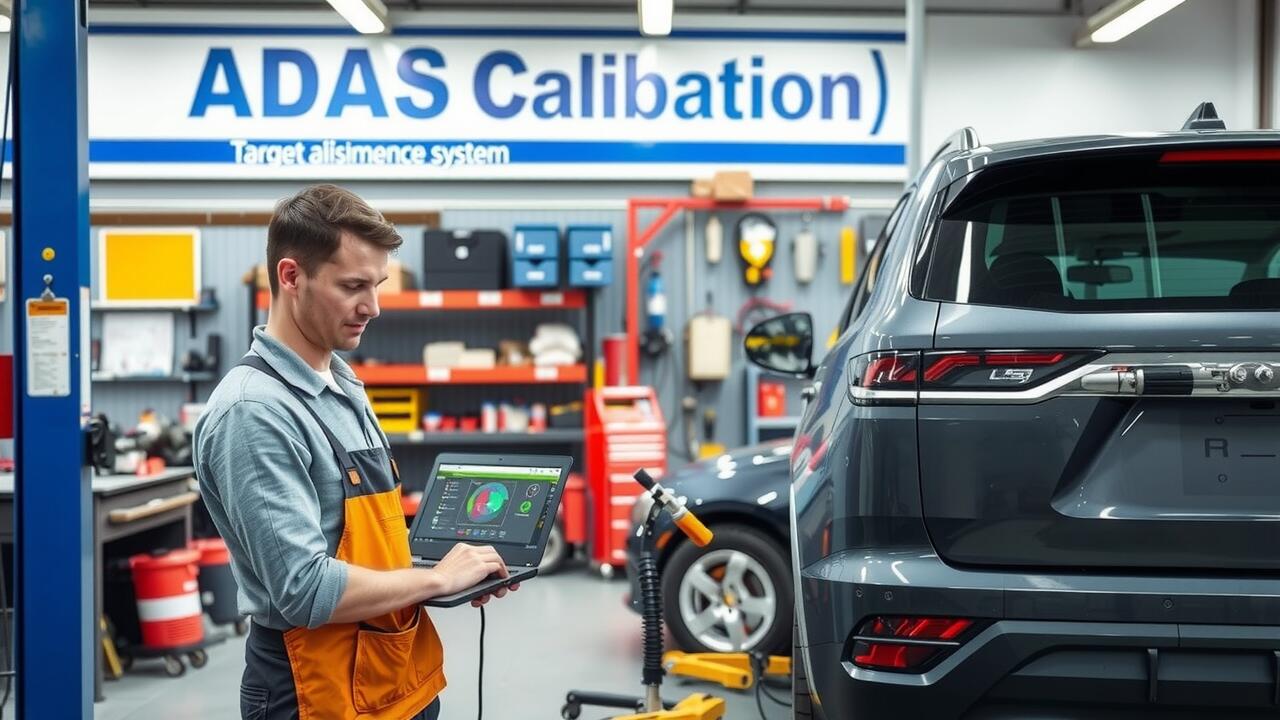
Table Of Contents
Signs Your BMW Needs Calibration
When your BMW exhibits erratic behaviour or warning lights related to safety systems, it may be a clear indicator that ADAS calibration is necessary. Features such as lane departure warnings, adaptive cruise control, and collision avoidance systems rely on precise alignment. If these components start acting unpredictably, it could compromise not only the vehicle's performance but also the safety of its occupants.
Additionally, visual cues such as changes in steering response or problems with parking assist technologies can signal that calibration is needed. If the sensors are misaligned, you might notice an inconsistent distance alert or a failure to detect obstacles. Addressing these issues promptly is essential to ensure that all aspects of the ADAS function correctly and efficiently. Ignoring these signs may lead to more significant problems down the road.
Indicators of Misalignment or Malfunction
When a BMW's Advanced Driver Assistance Systems (ADAS) experience misalignment or malfunction, various indicators can emerge. Drivers may notice persistent warning lights on the dashboard, which signify that the system is not functioning as intended. Additionally, incorrect readings from sensors or inconsistent responses from safety features, such as adaptive cruise control or lane-keeping assist, may suggest that the ADAS alignment is compromised. Failure to address these signs promptly can compromise both safety and driving experience.
Another telltale sign of possible misalignment involves physical changes in how the vehicle handles on the road. If the steering feels off or the car seems to drift to one side, it may be a symptom of improper calibration. Moreover, irregularities in forward collision warning systems or automated braking functionality can also indicate that the calibration process requires attention. Maintaining precise ADAS alignment is crucial for ensuring that all integrated systems perform optimally and provide maximum safety benefits.
Professional vs. DIY Calibration
Choosing between professional and DIY calibration for ADAS alignment is a significant decision that can impact both safety and vehicle performance. Professionals utilise specialised equipment and possess a comprehensive understanding of the complex systems involved. This expertise ensures that all parameters are accurately calibrated, which is crucial for systems like adaptive cruise control and lane-keeping assistance. A professional setting also adheres to manufacturer specifications, creating confidence in the calibration process.
On the other hand, DIY calibration may seem appealing due to potential cost savings. However, it often comes with risks, particularly for those without the requisite knowledge or tools. Improper alignment can lead to compromised safety features or even malfunctioning systems. Therefore, while DIY options exist, they generally do not match the reliability and precision offered by professional calibration services for ADAS alignment.
Weighing the Risks and Benefits
Undertaking ADAS alignment procedures on your BMW comes with its own set of risks and benefits. Professional calibration ensures that all systems operate optimally and meet manufacturer specifications. Experts utilise advanced equipment to accurately recalibrate various sensors and cameras. This level of precision can greatly enhance vehicle safety and performance, making it an essential service following any significant repairs or part replacements.
DIY calibration may appear appealing due to cost savings and convenience. However, the complexity of ADAS systems requires a deep understanding of vehicle dynamics and sensor technology. Incorrect alignment can lead to malfunctioning safety features, risking both driver and passenger safety. Weighing the benefits of professional calibration against potential pitfalls of DIY methods is crucial for responsible vehicle maintenance.
Common Misconceptions About Calibration
Many believe that once a vehicle's Advanced Driver Assistance Systems (ADAS) are calibrated, no further adjustments are needed. This misconception arises from a lack of understanding about how ADAS tools can be affected by external factors. Elements such as regular wear and tear, minor accidents, or even changes in wheel alignment can impact the system's accuracy, making periodic ADAS alignment checks essential for optimal functionality.
Another common myth is that any sudden change in vehicle handling suggests a need for ADAS re-calibration. While handling changes can signal an underlying issue, not all variations require immediate calibration. In some cases, simple mechanical adjustments or routine maintenance may suffice. However, car owners should always prioritise checking the ADAS alignment to ensure the technology operates correctly and safely, as ignoring potential issues could lead to larger, more expensive problems down the road.
Clarifying Common Myths
Many car owners believe that ADAS calibration only needs to be performed after an accident or significant repair. This is a common misconception. Any time windshield components or other sensors are adjusted or replaced, ADAS alignment may also be necessary to ensure the system functions correctly. Even minor impacts or changes can disrupt sensor accuracy.
Another myth is that ADAS calibration is a straightforward process that anyone can perform at home. While there are DIY calibration kits available on the market, professional calibration is often more effective. These systems require precise measurements and adjustments that professionals are trained to execute. Trusting experts with the appropriate equipment can significantly enhance safety and performance.
FAQS
What does ADAS stand for in the context of BMW calibration?
ADAS stands for Advanced Driver Assistance Systems, which are technologies designed to enhance vehicle safety and facilitate driving.
How can I tell if my BMW needs ADAS calibration?
Signs that your BMW may need calibration include inconsistent sensor readings, warning lights on the dashboard, and noticeable changes in vehicle handling or performance.
Is it possible to perform ADAS calibration on my BMW myself?
While some DIY methods exist, it is generally recommended to have ADAS calibration performed by a professional to ensure accuracy and safety, as improper calibration can lead to further issues.
What are the risks of not calibrating my BMW's ADAS?
Failing to calibrate your BMW's ADAS can lead to reduced functionality of safety features, increased risk of accidents, and potential legal implications in case of an incident.
Are there any common myths about ADAS calibration that I should be aware of?
Yes, a common misconception is that ADAS calibration is unnecessary if no physical damage is visible; however, even minor repairs or part replacements can affect sensor alignment and functionality.
